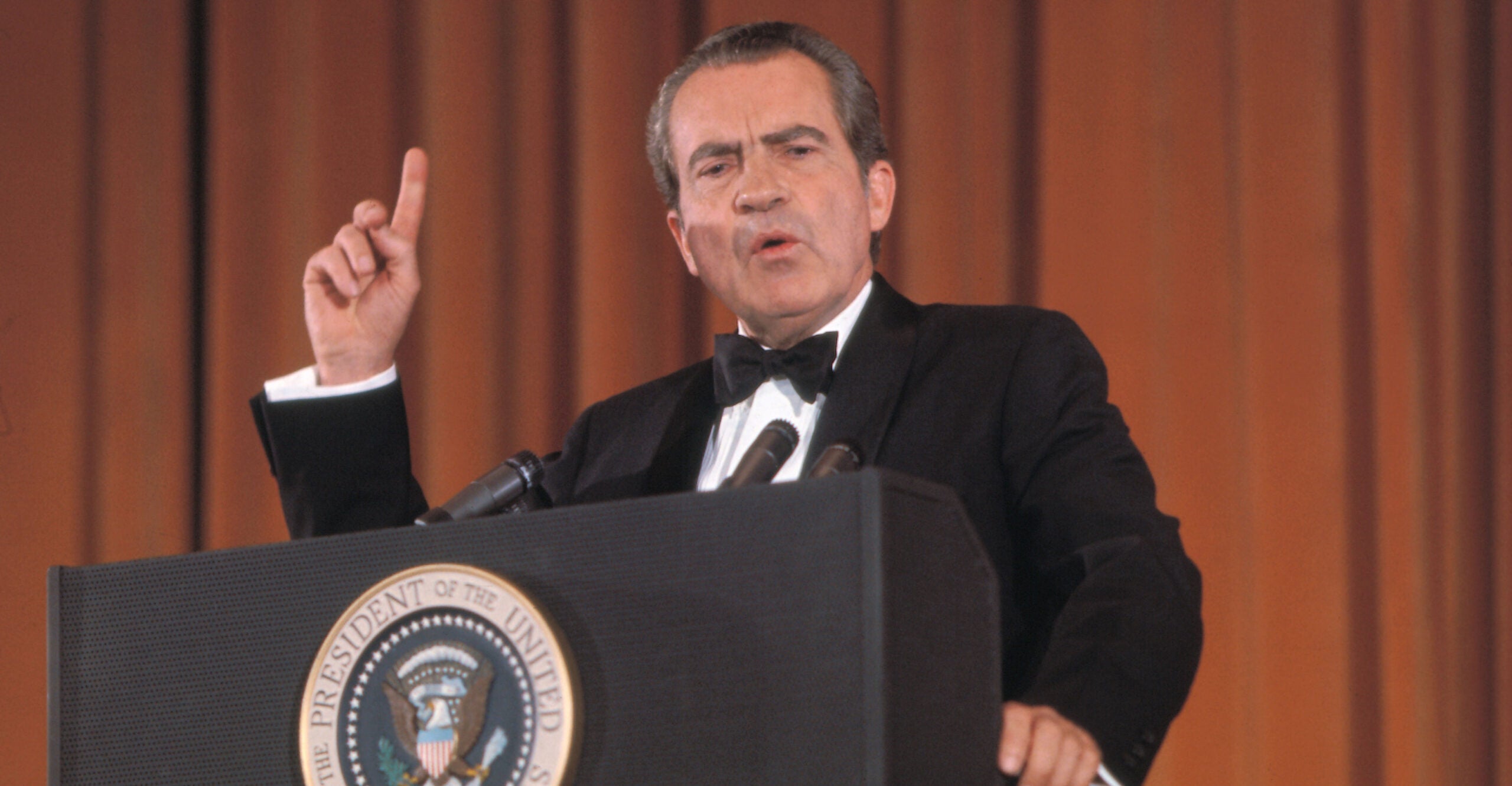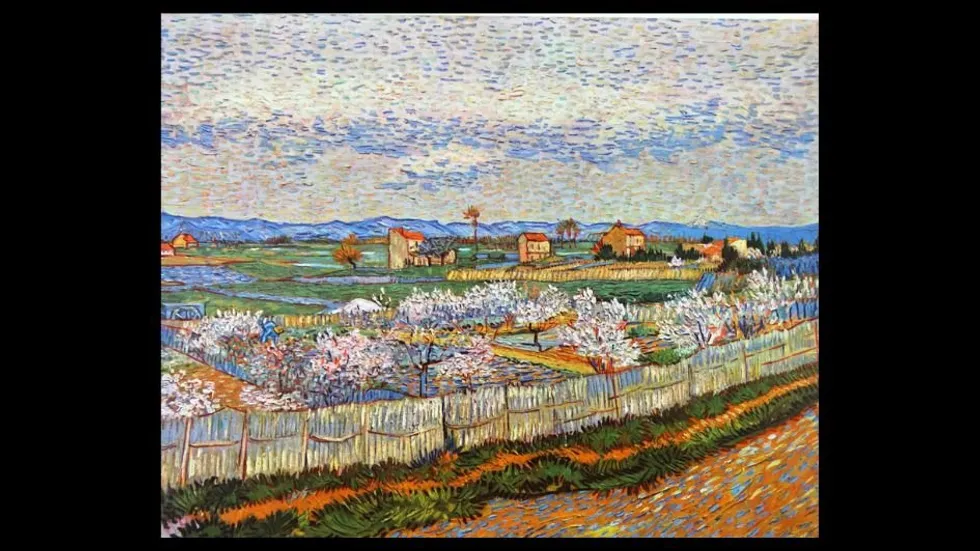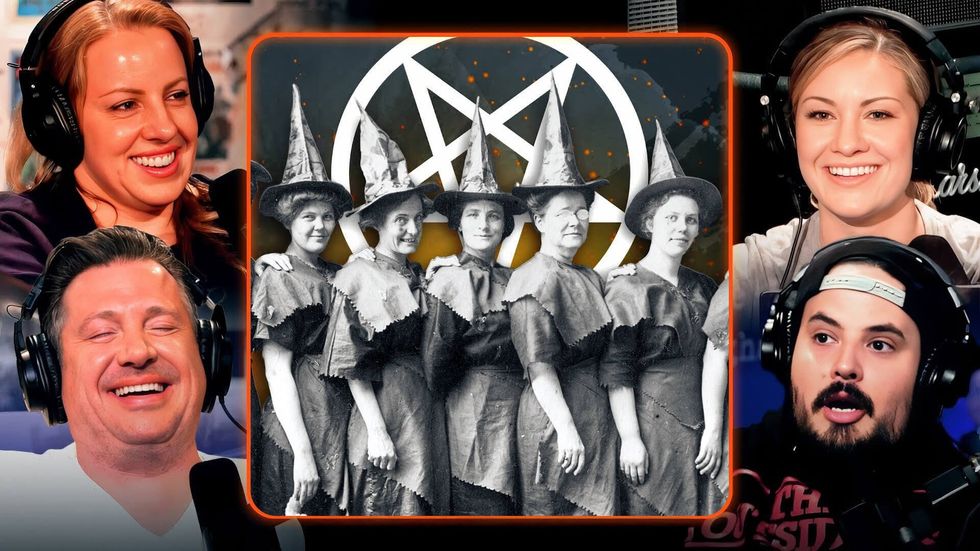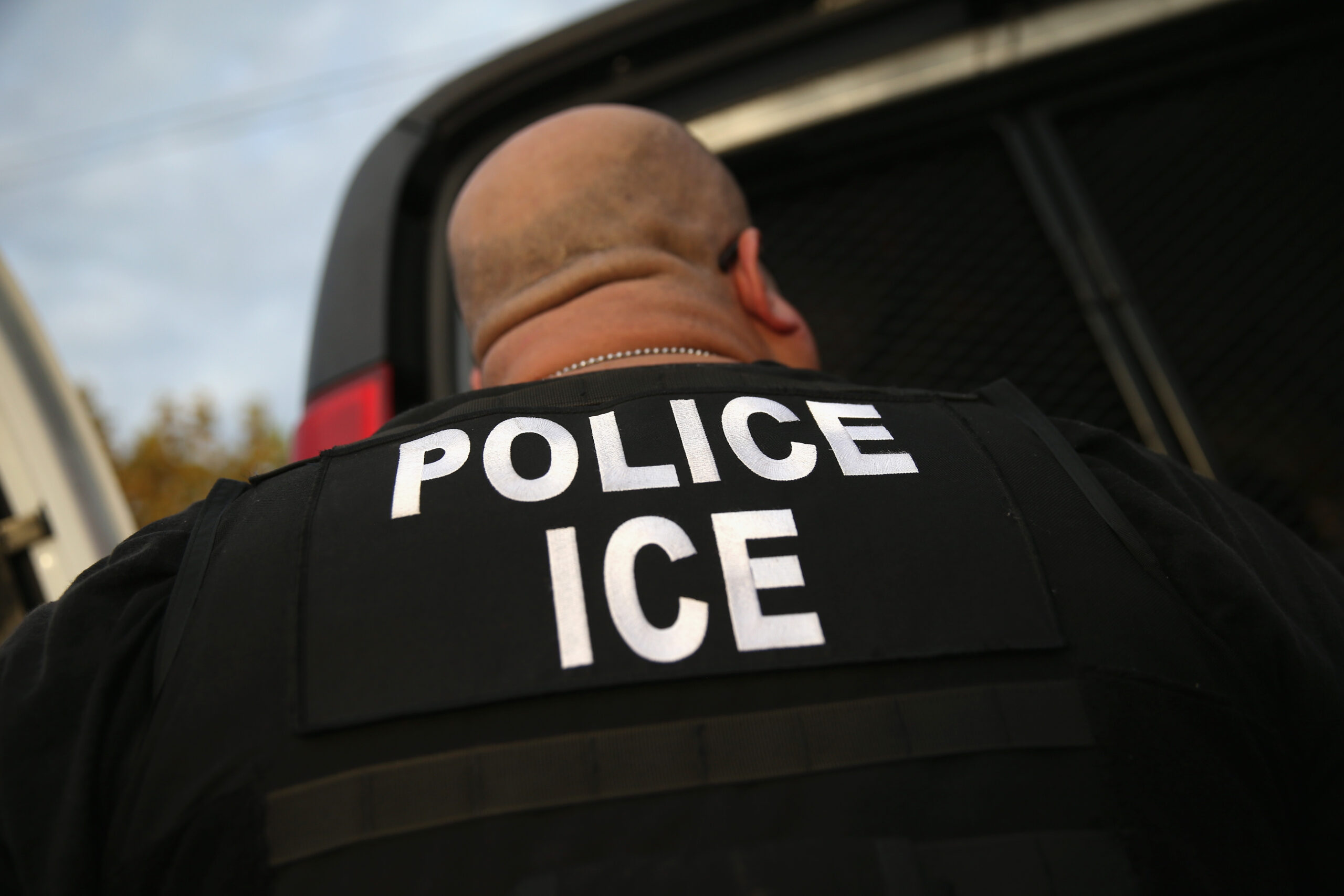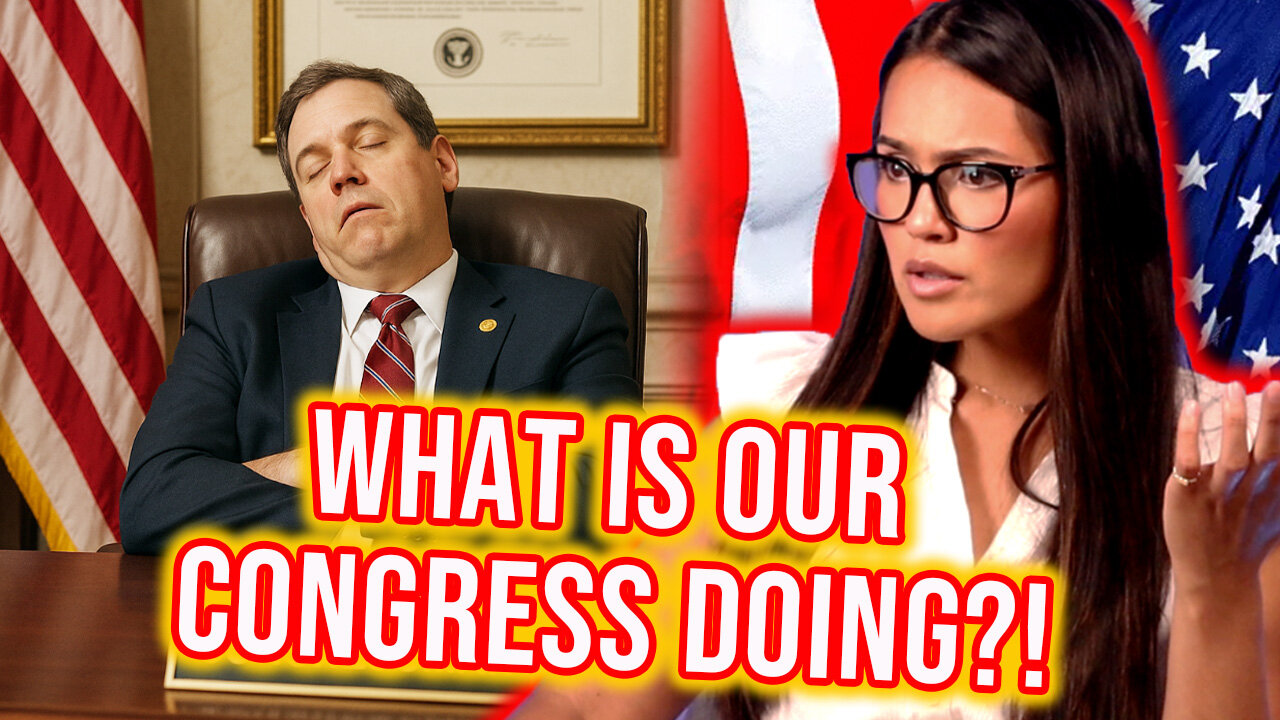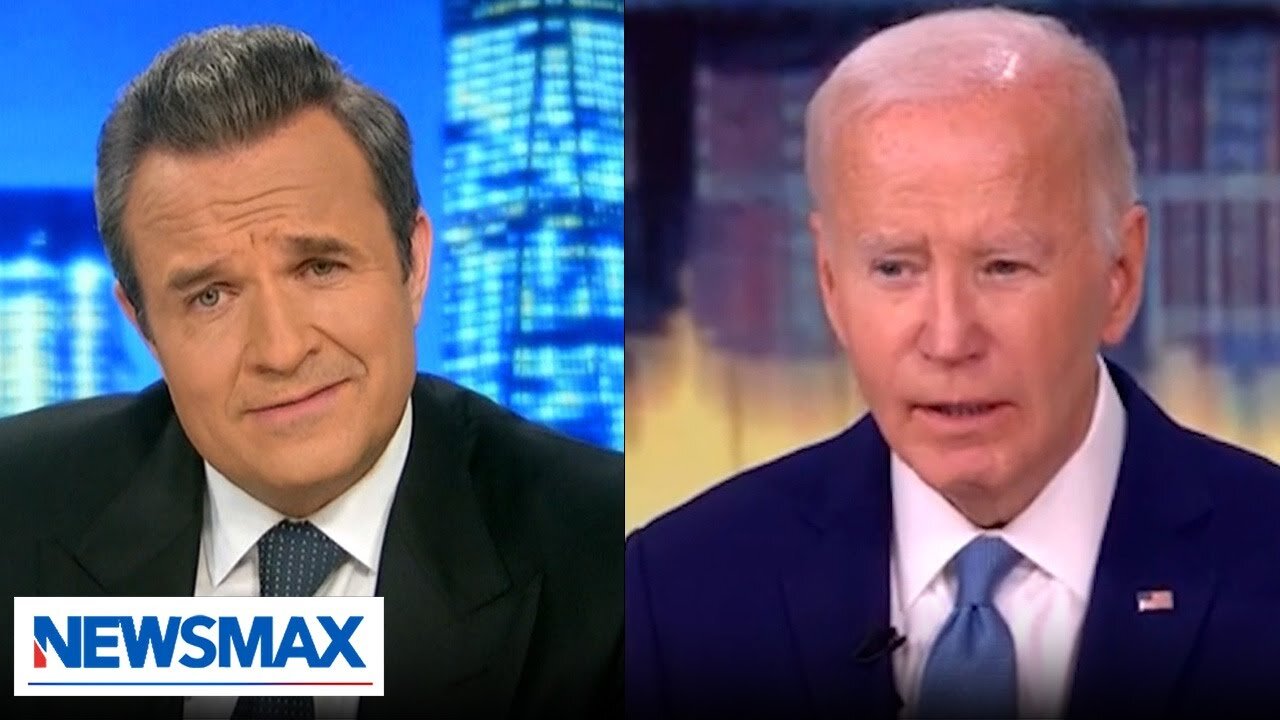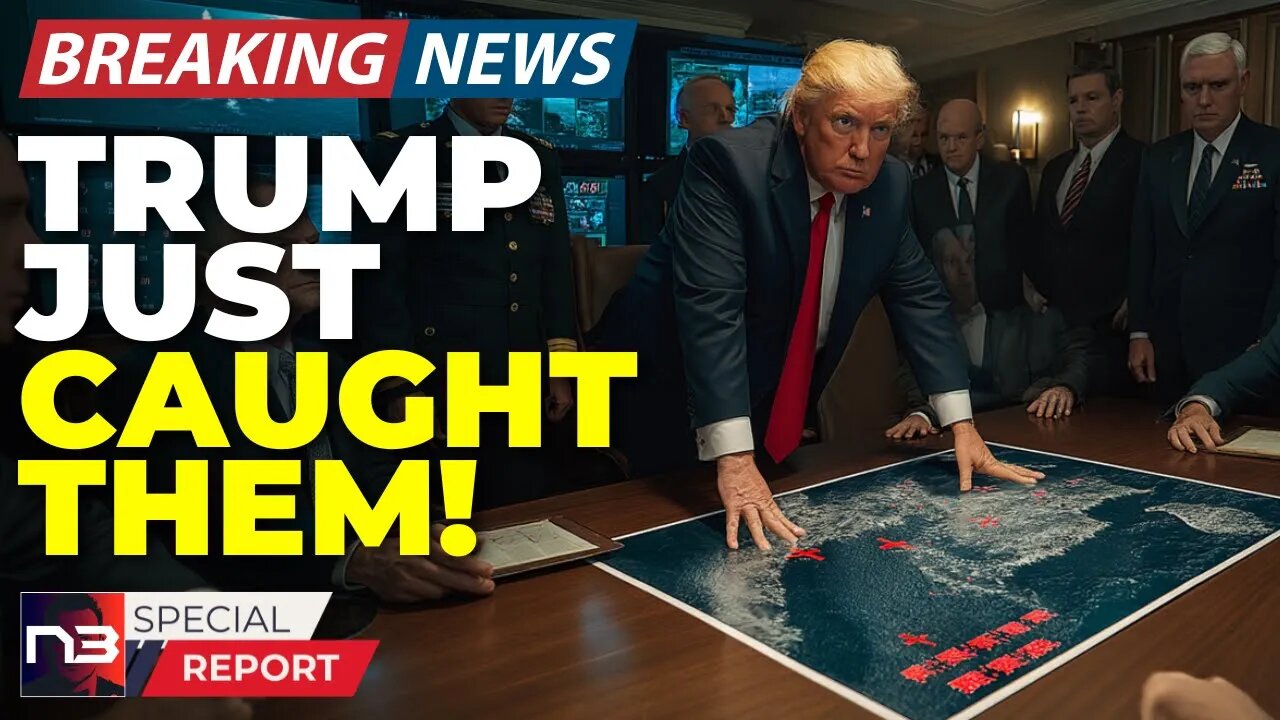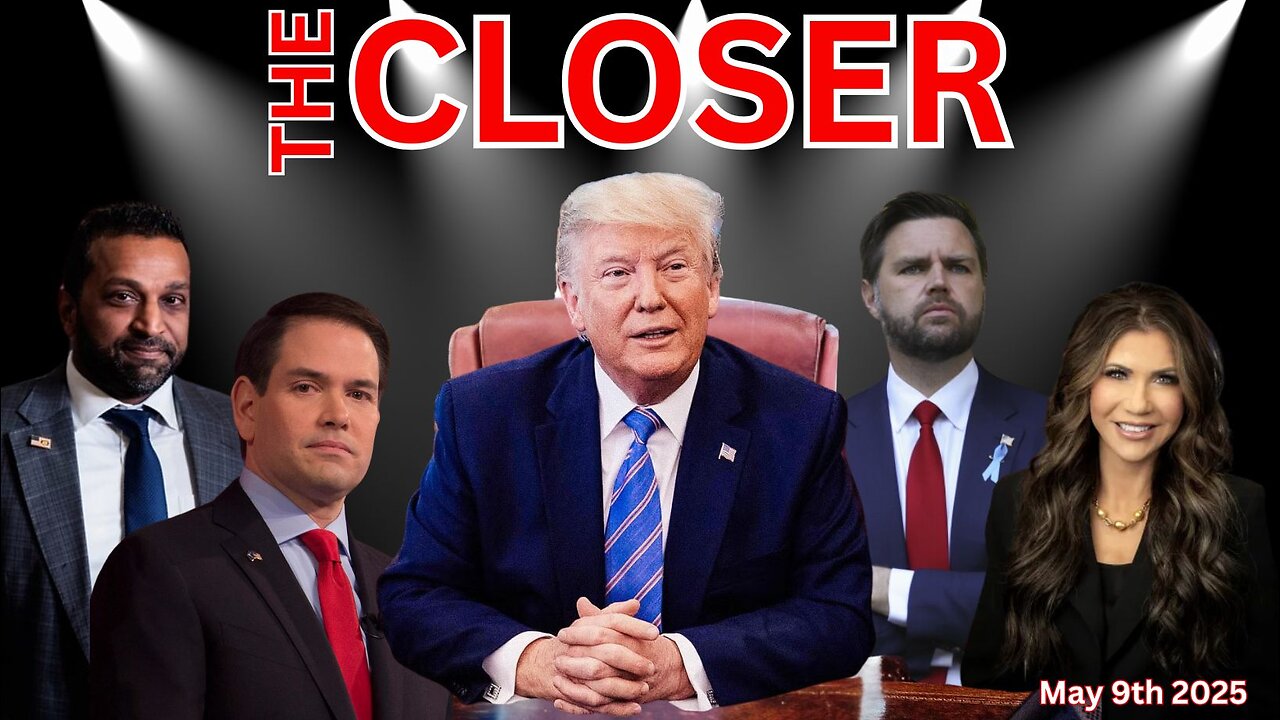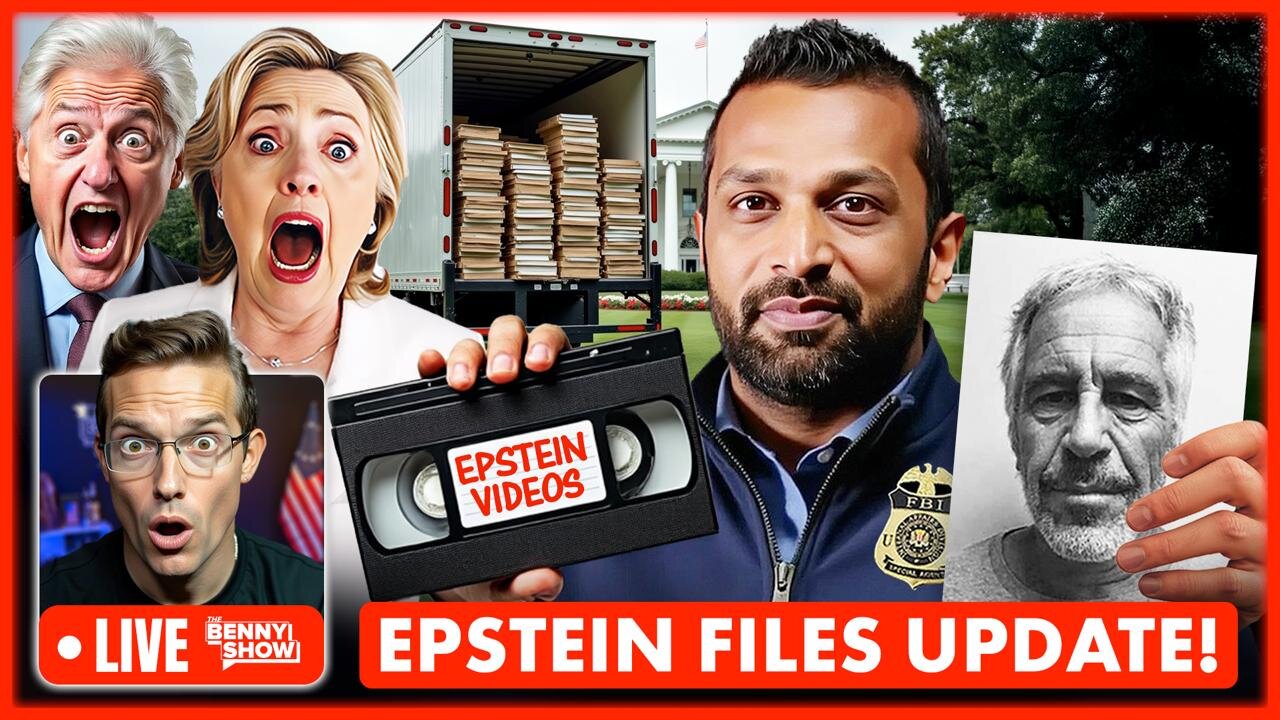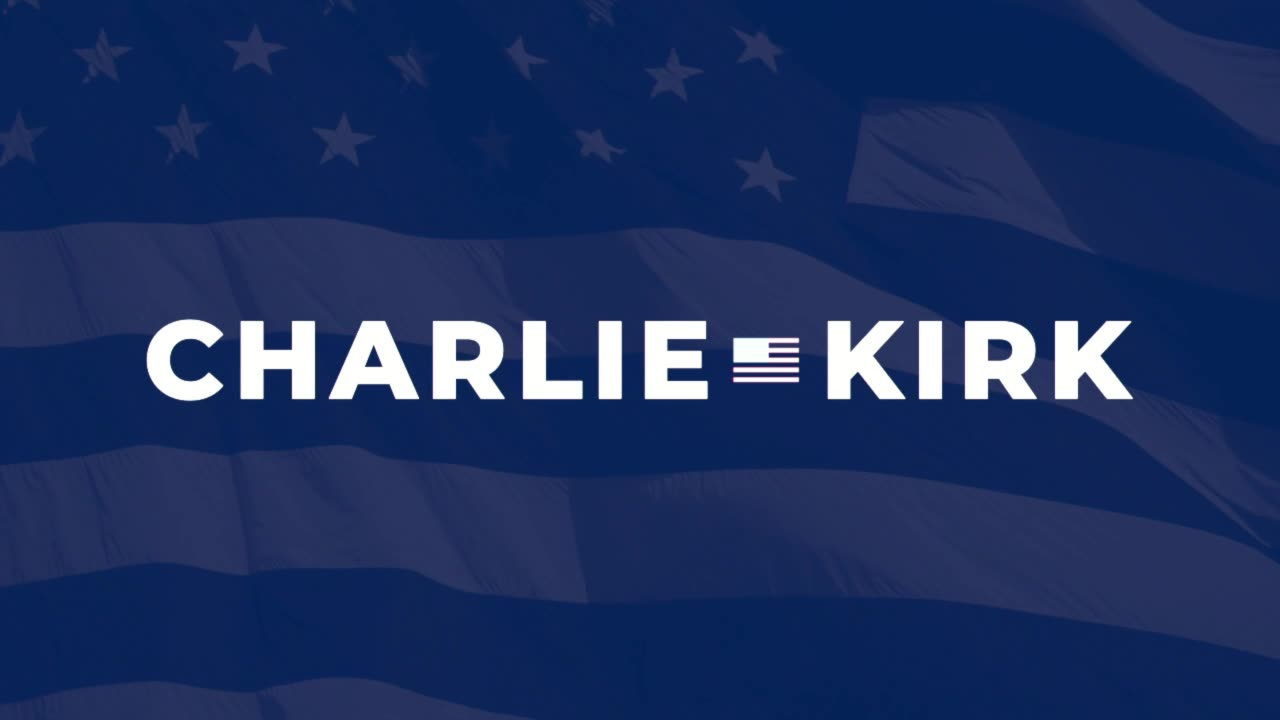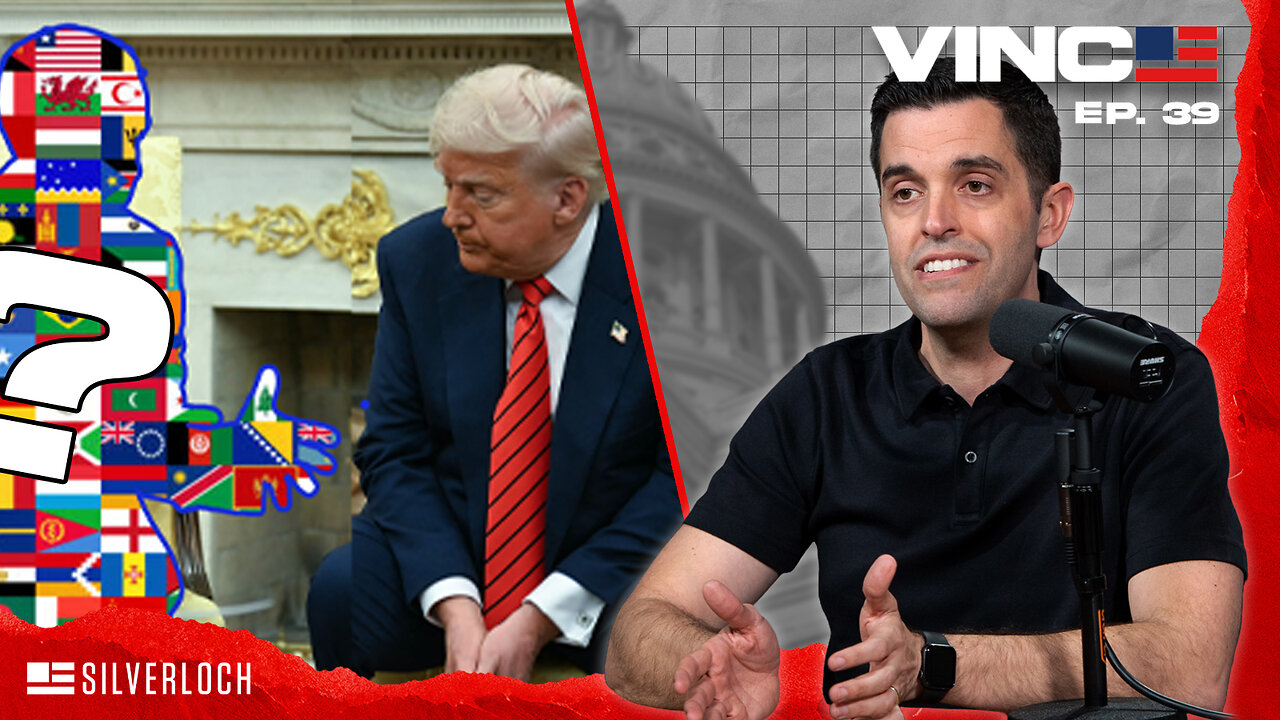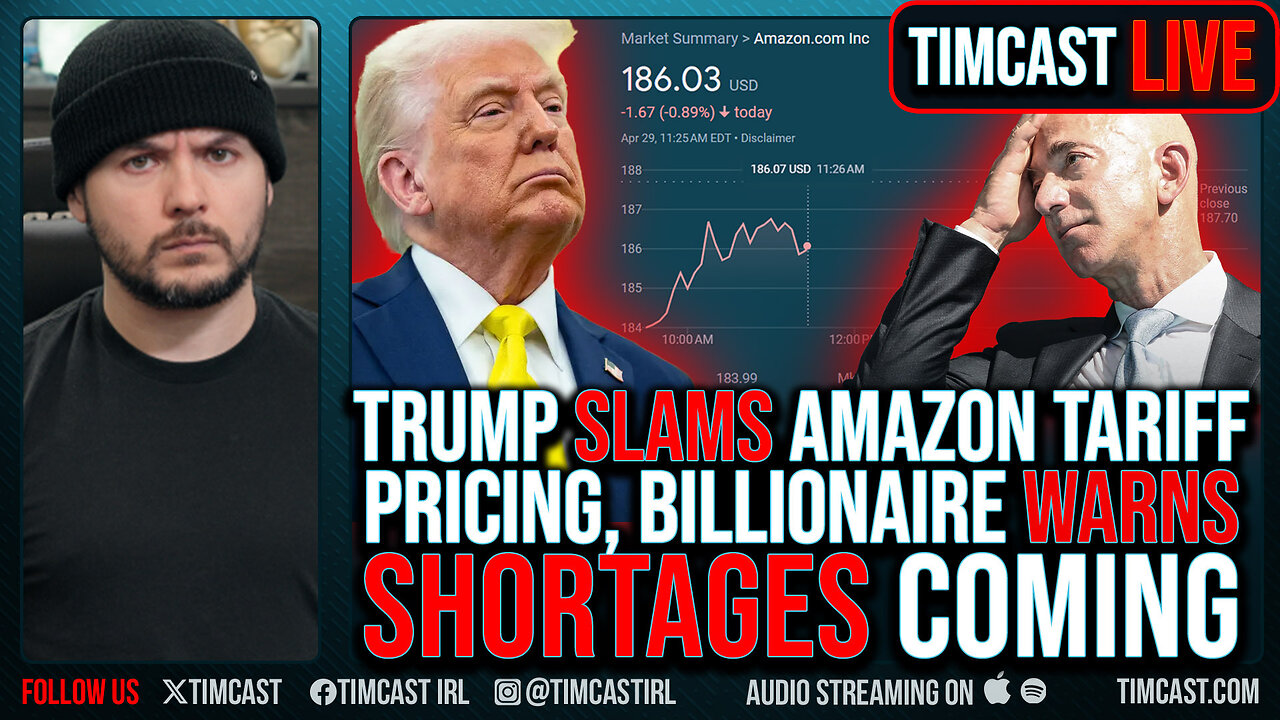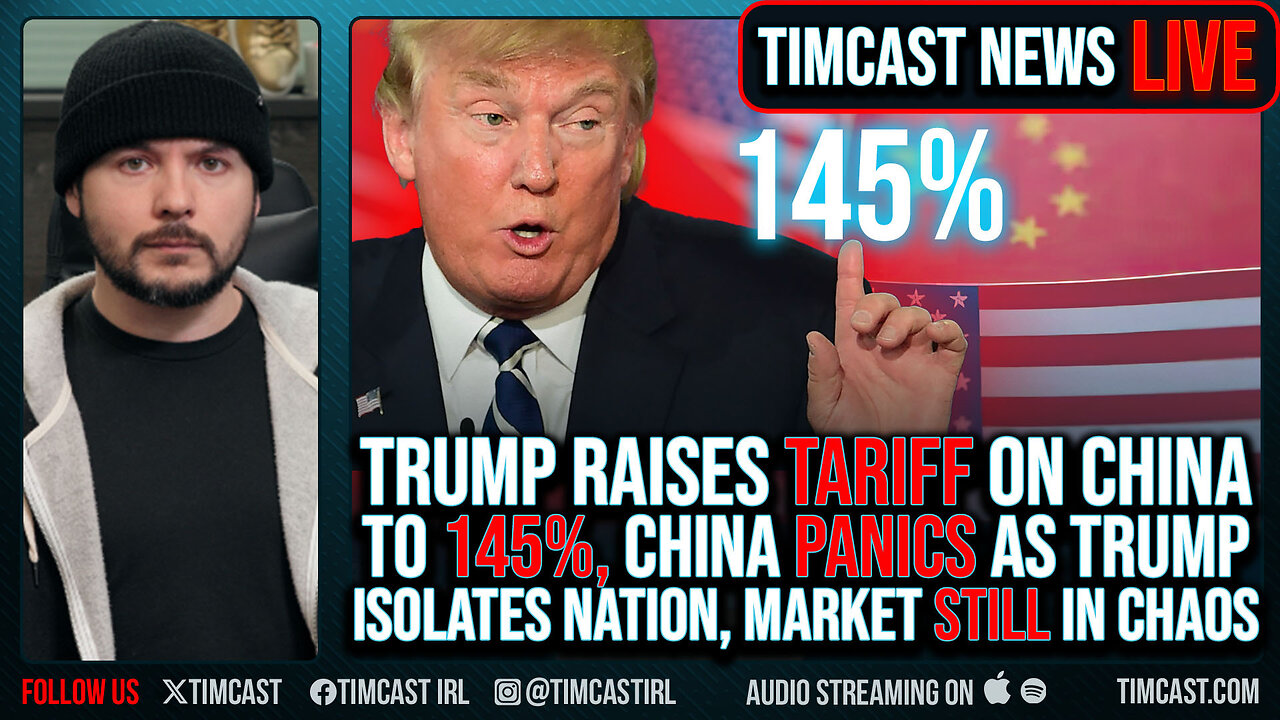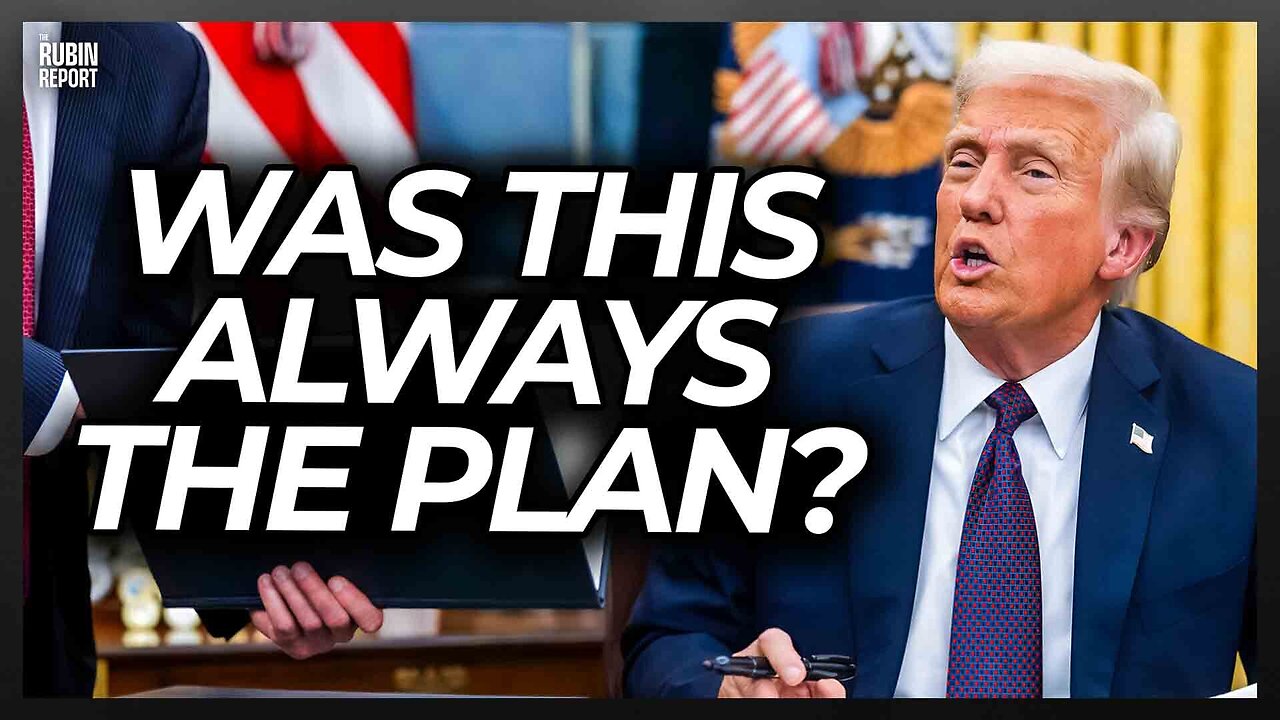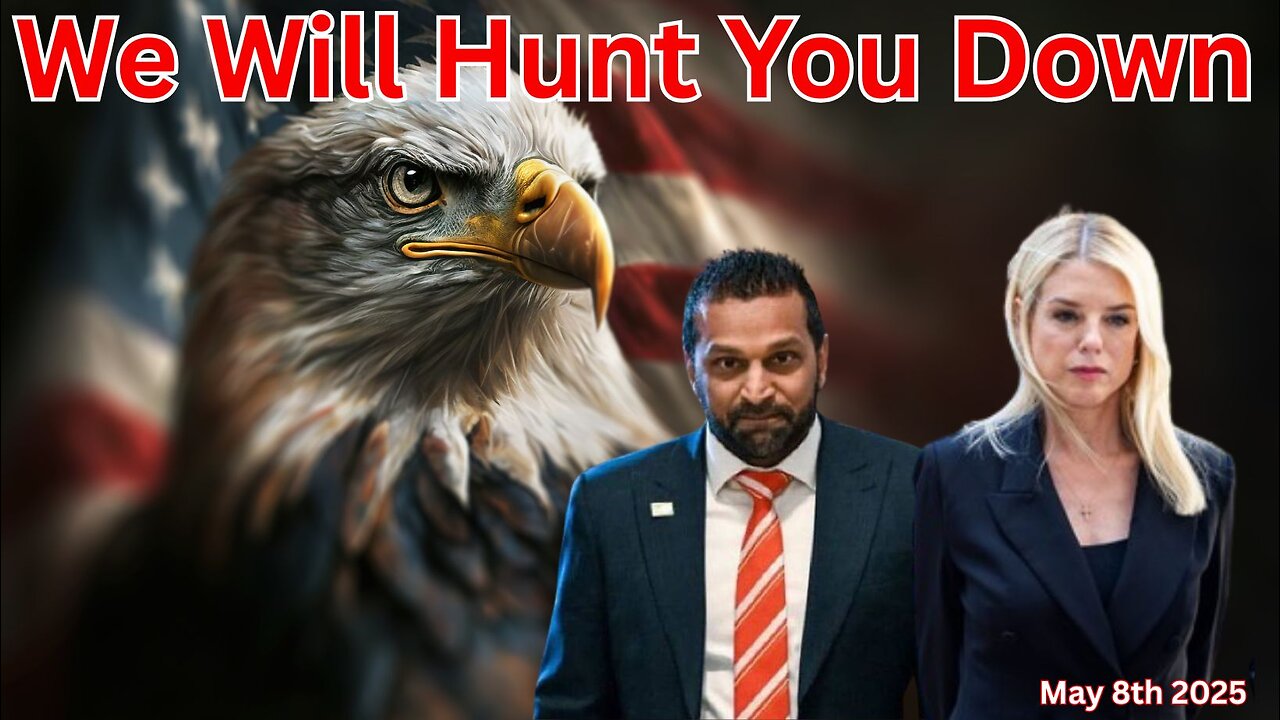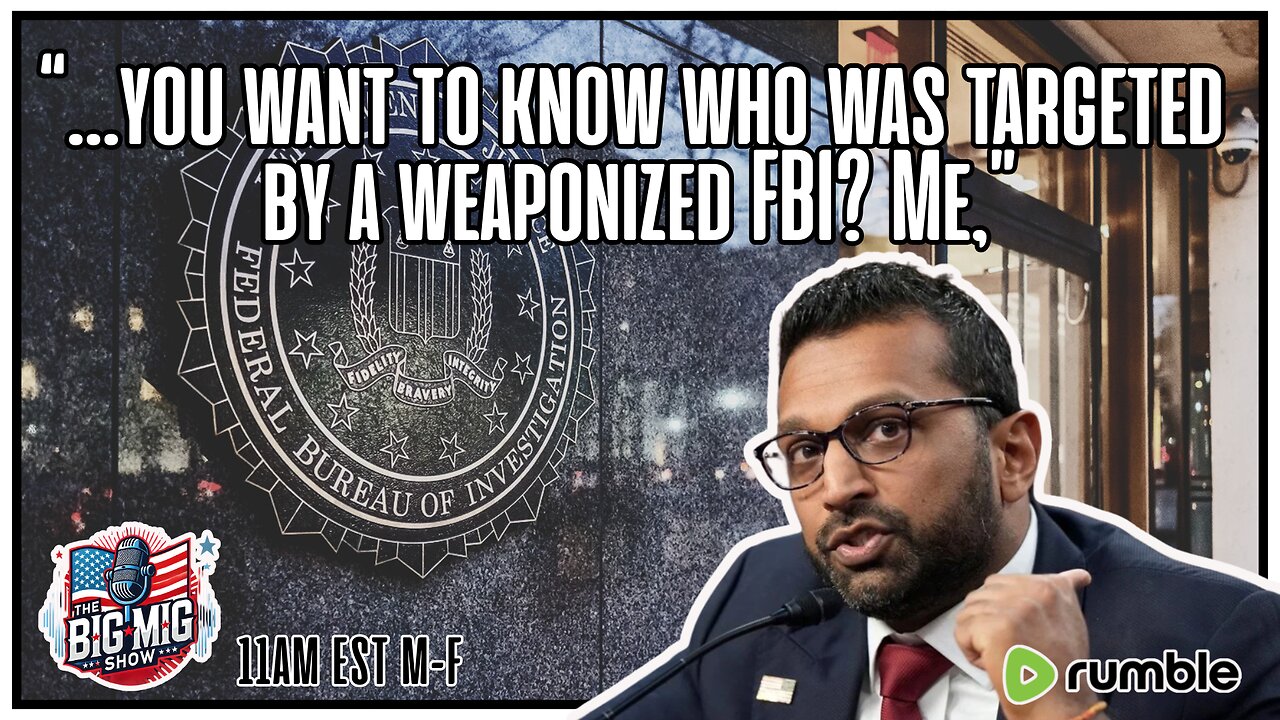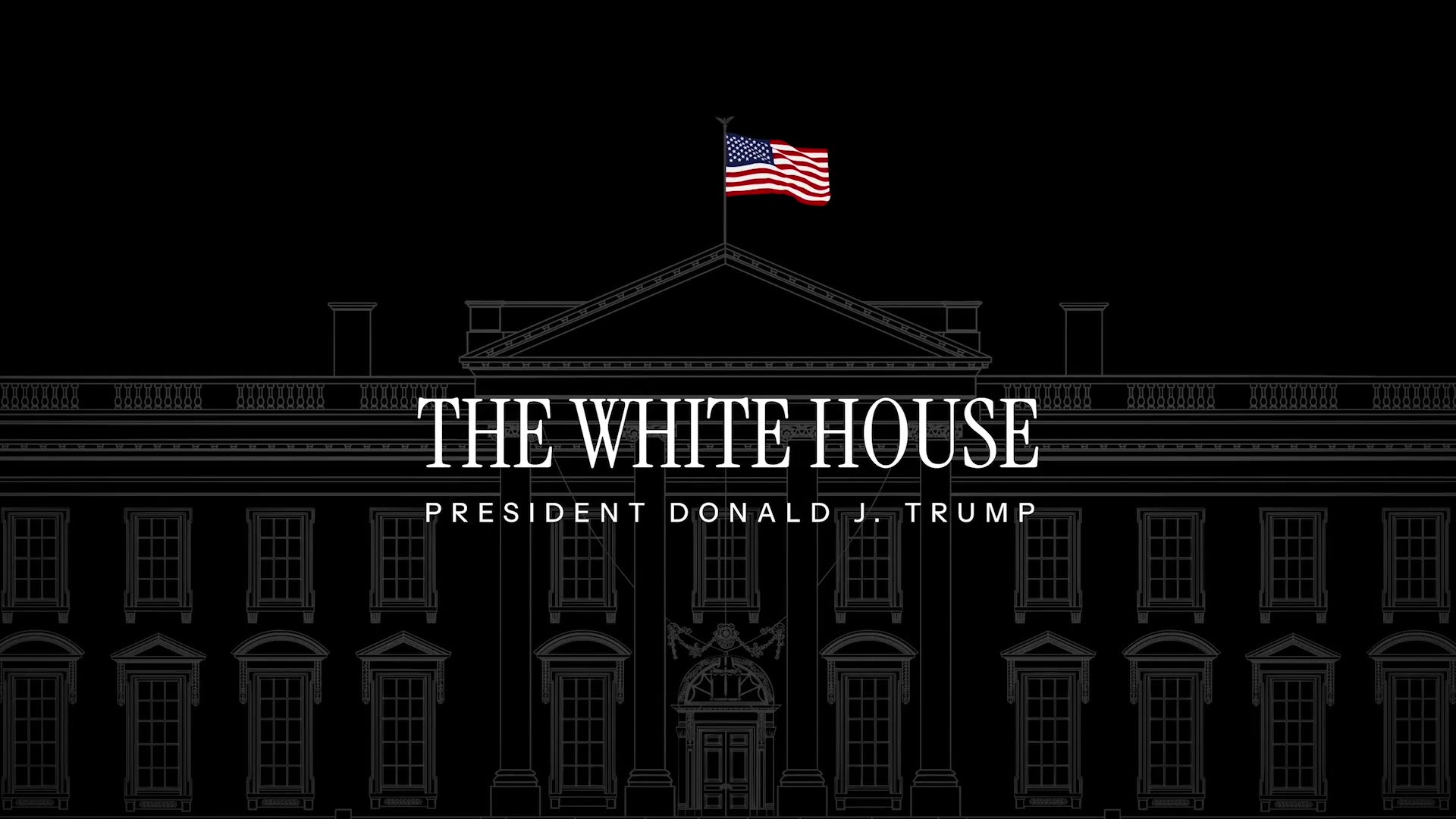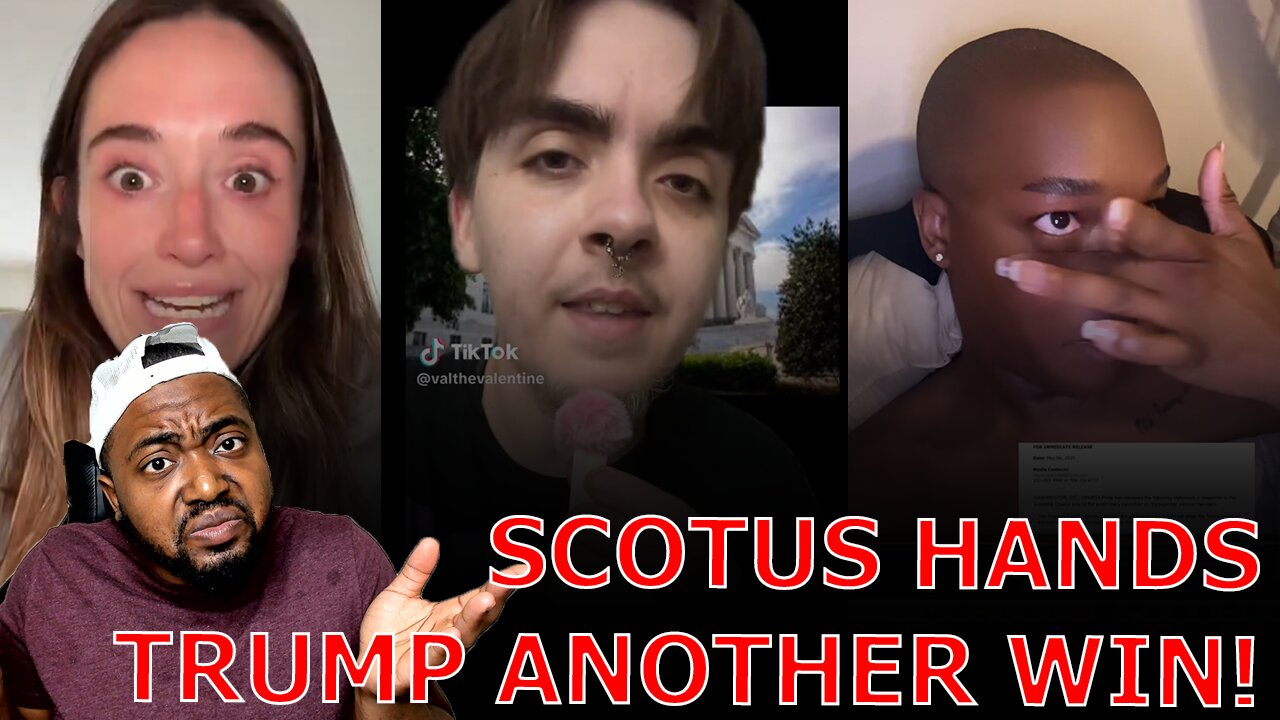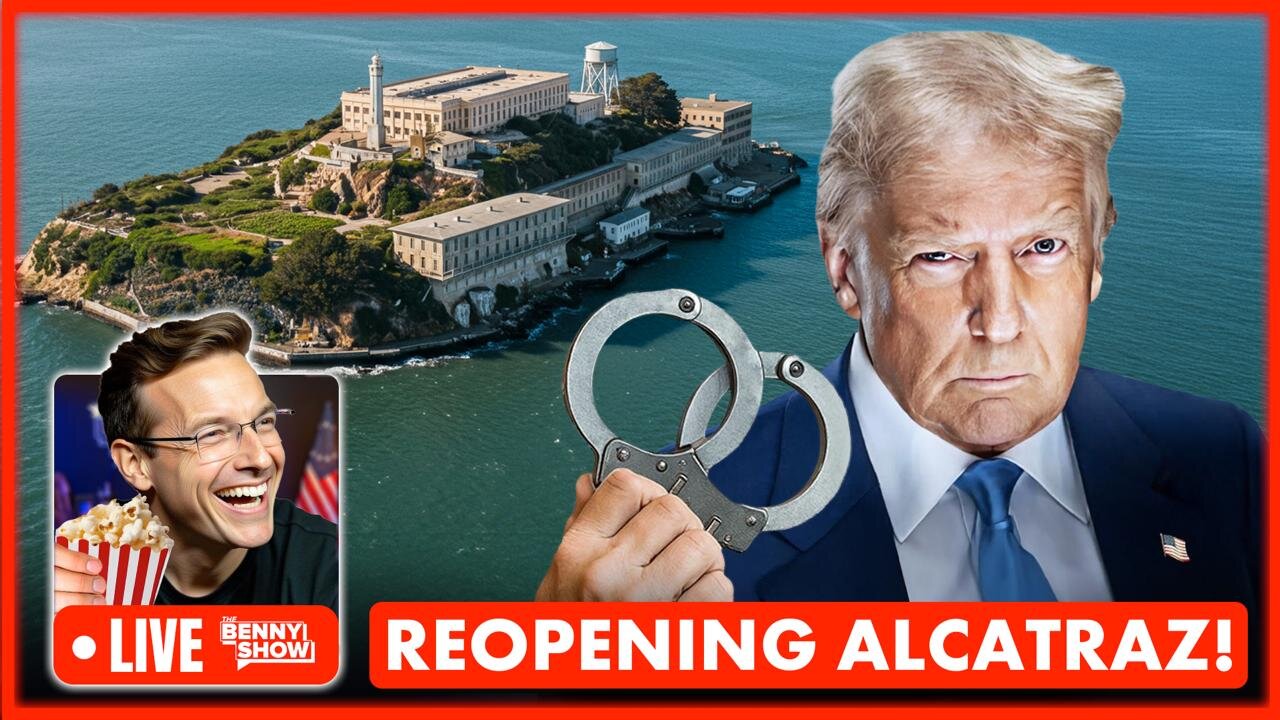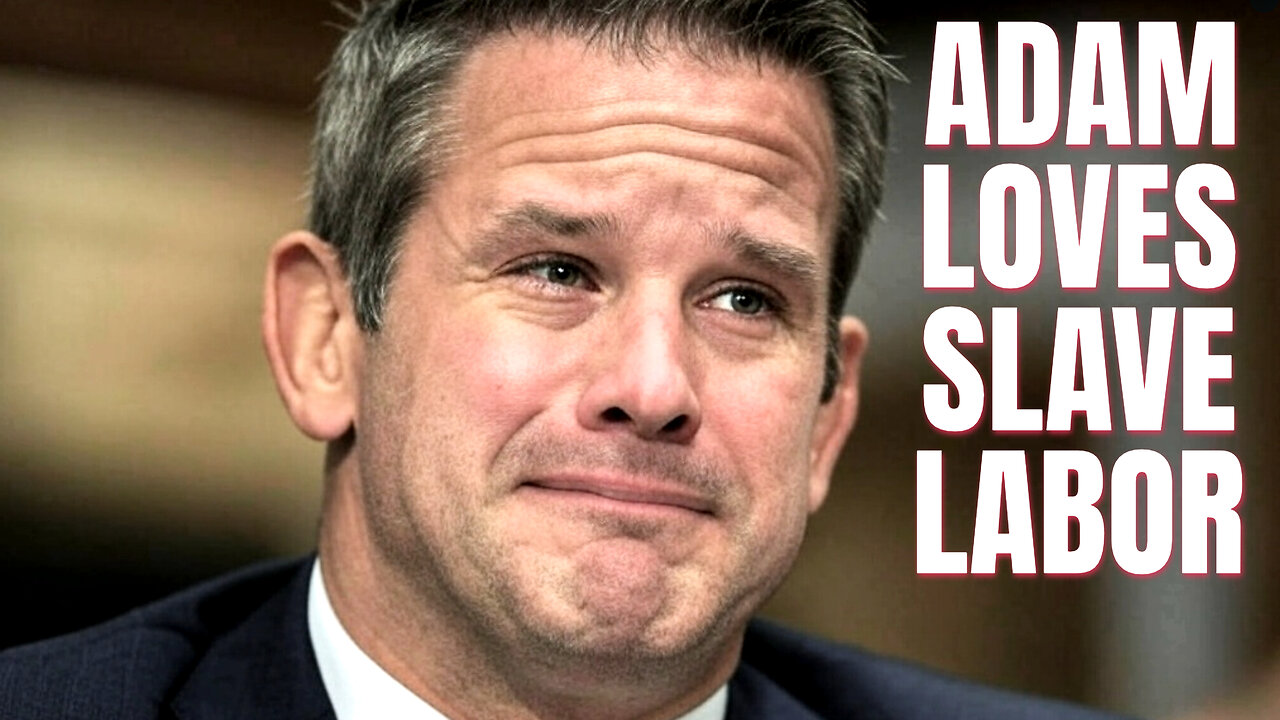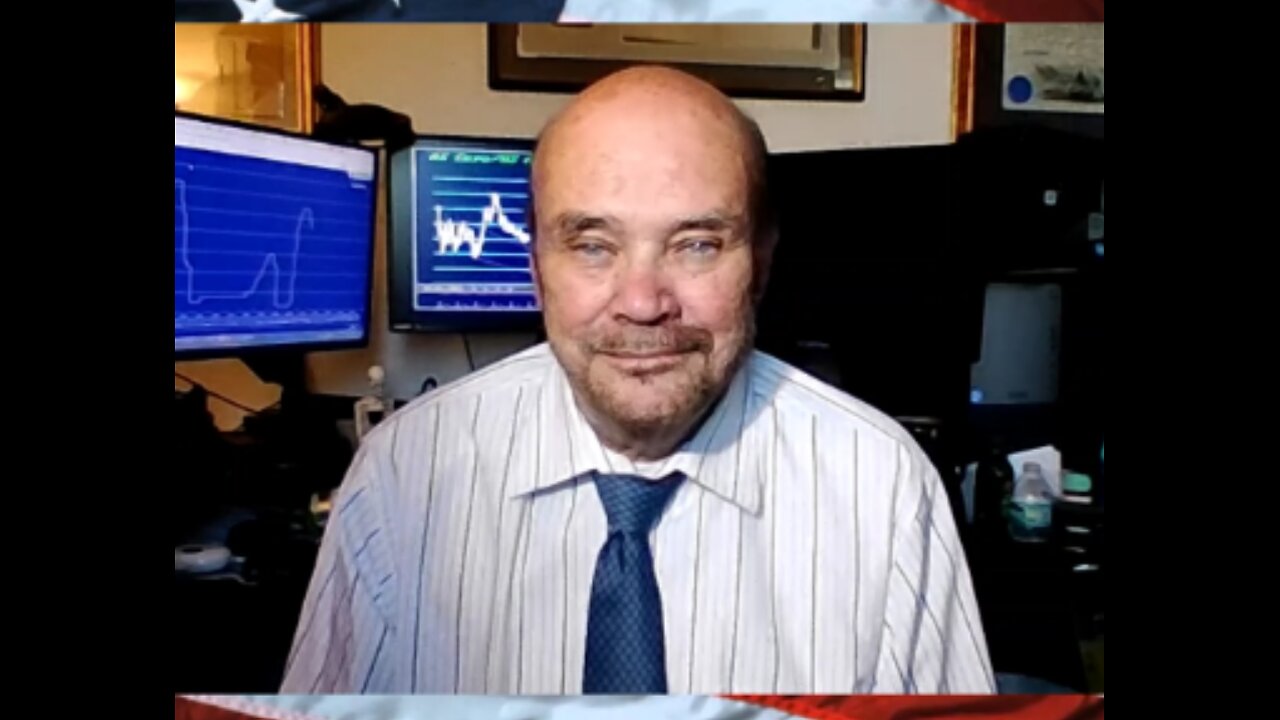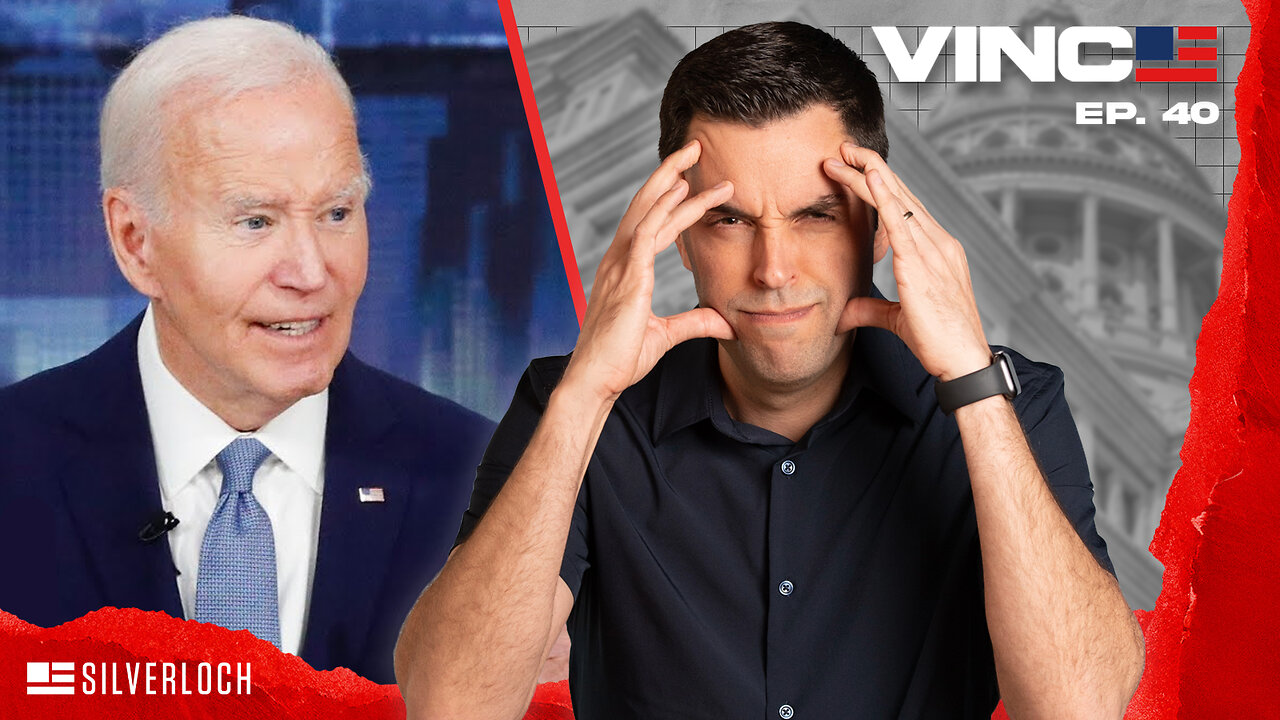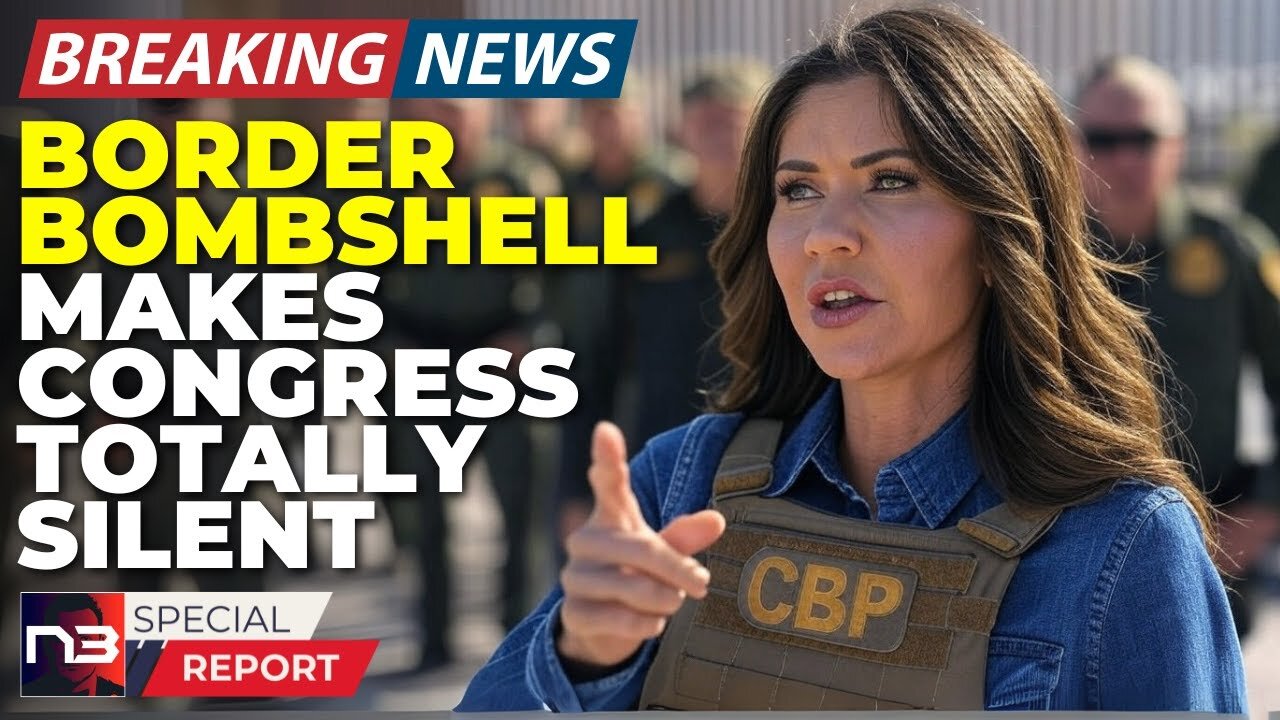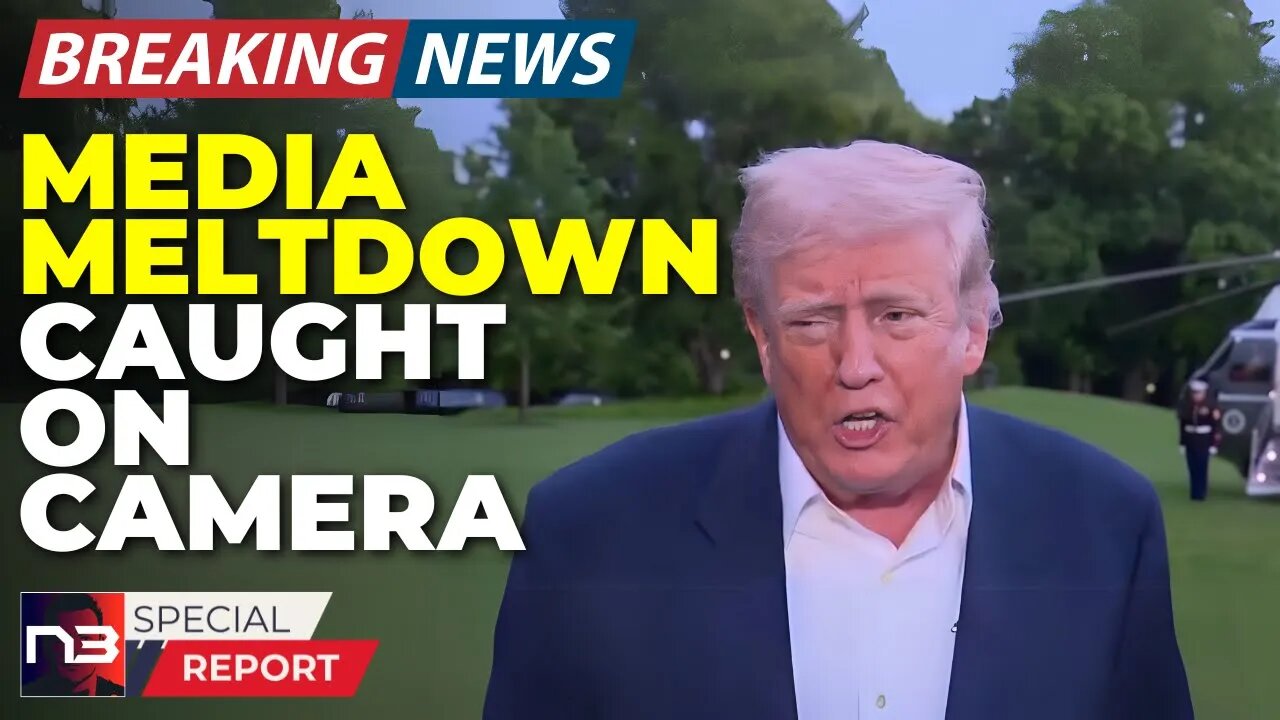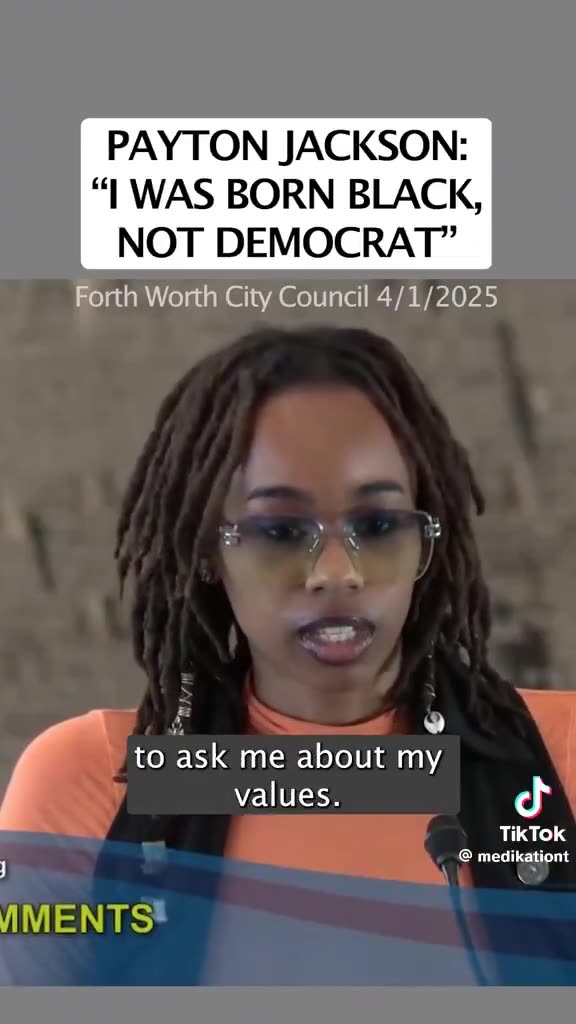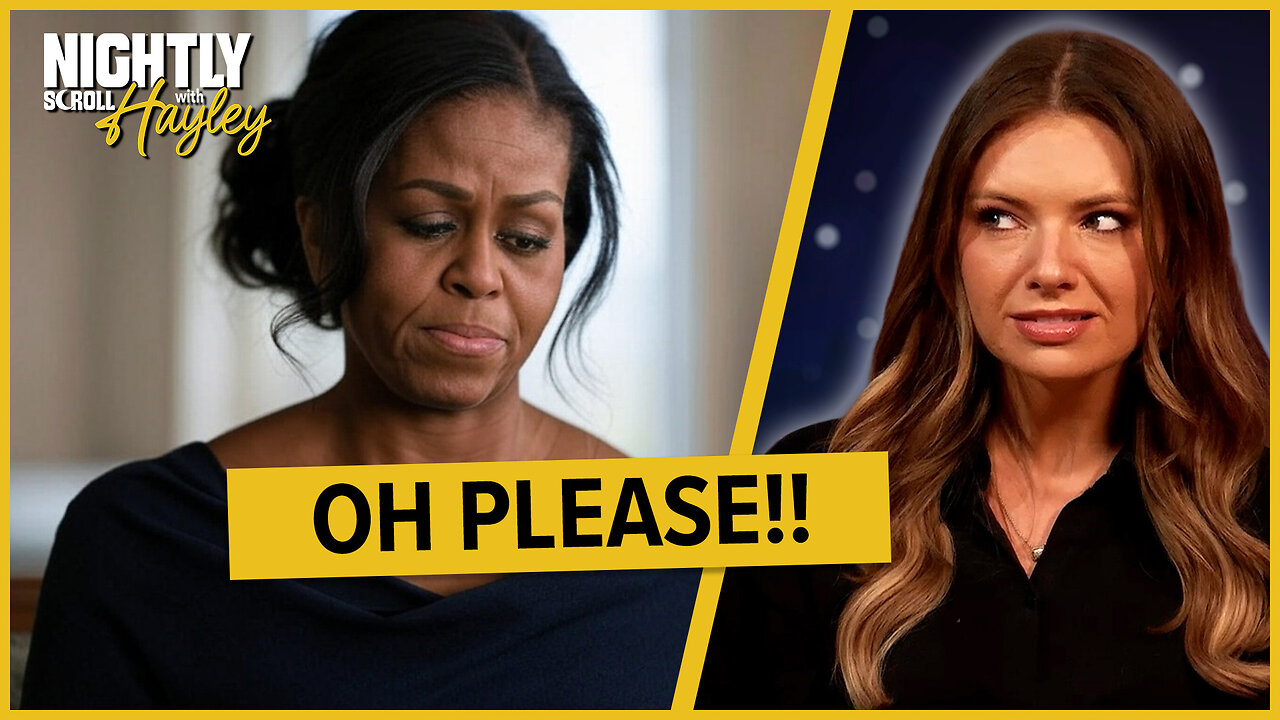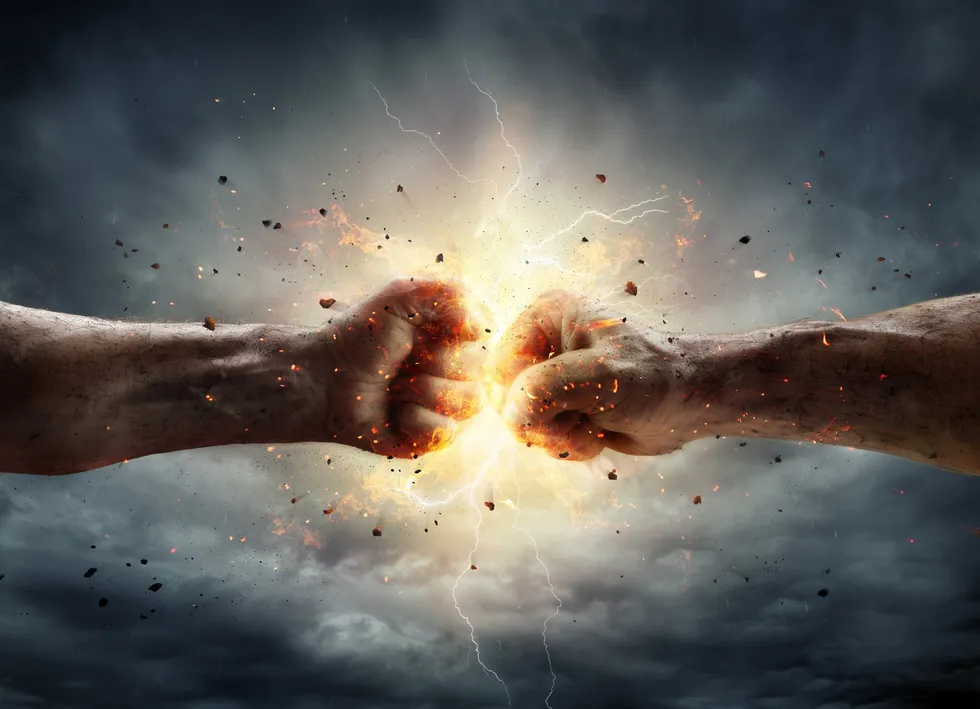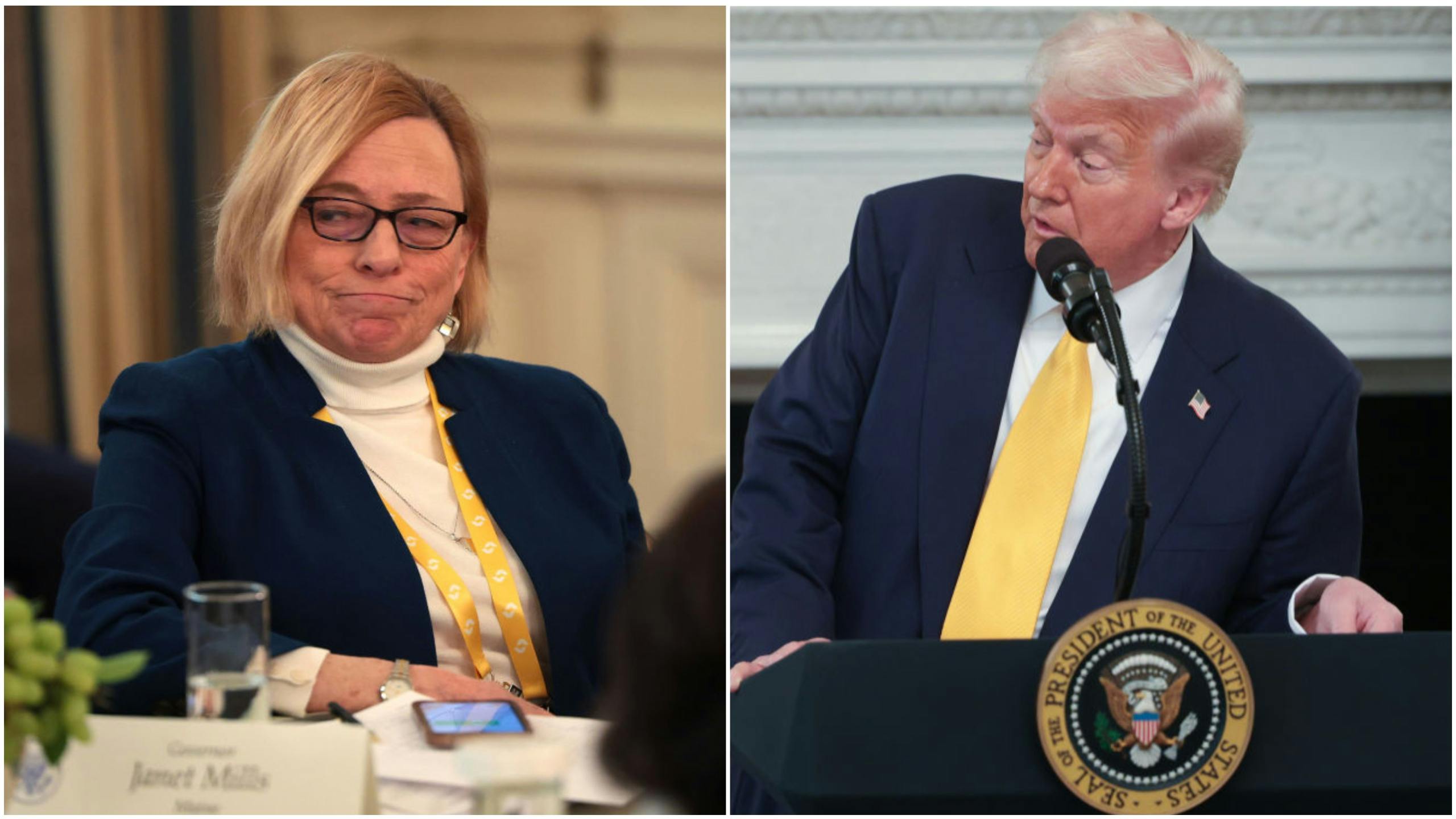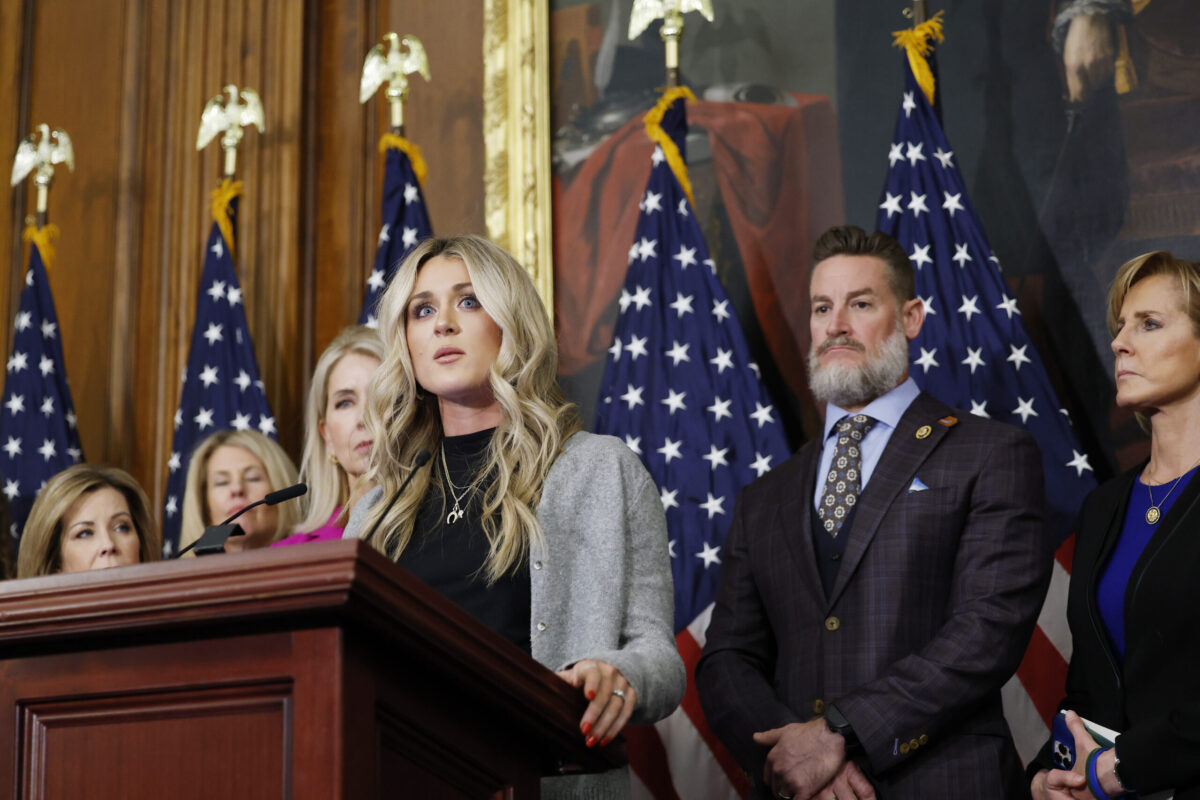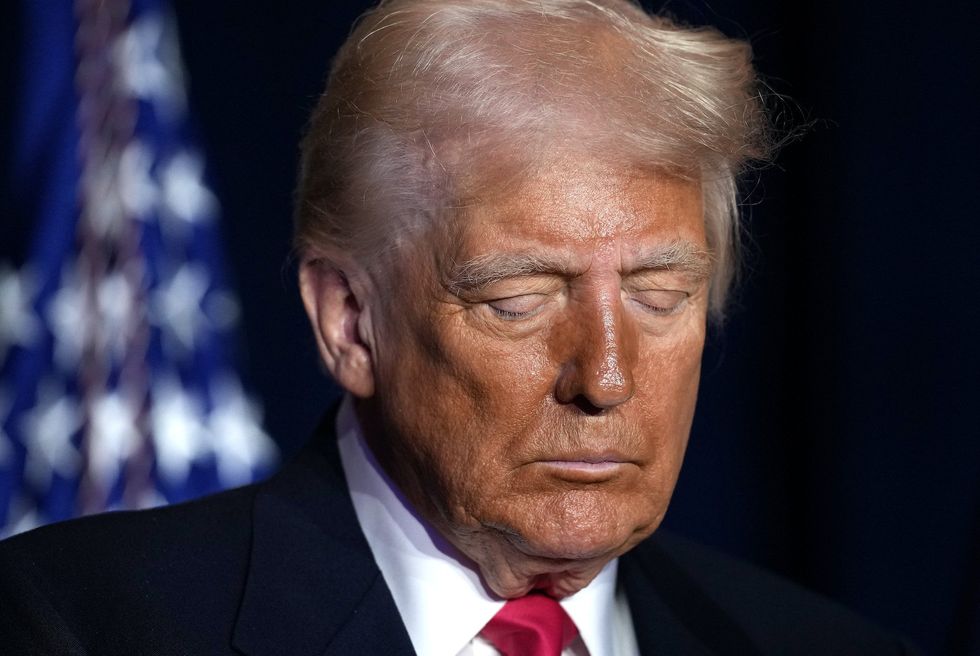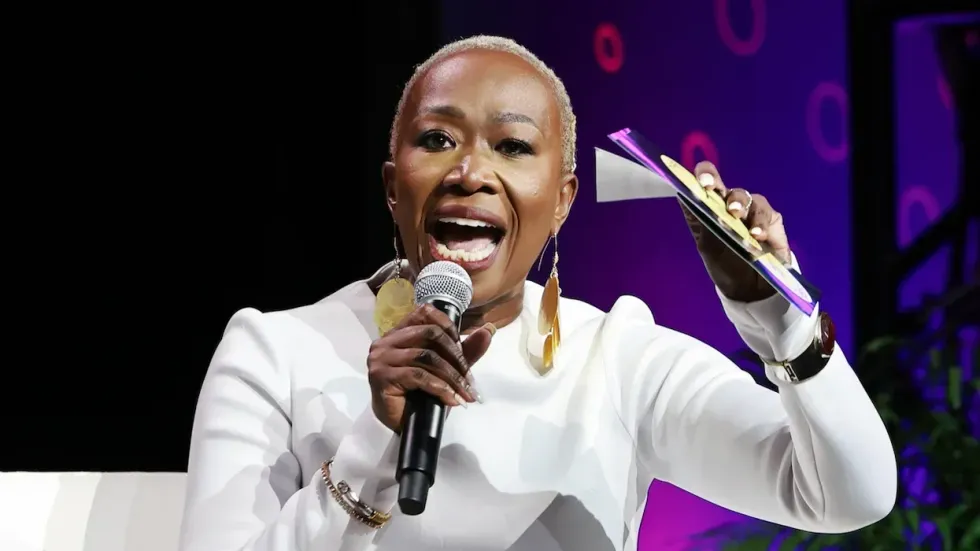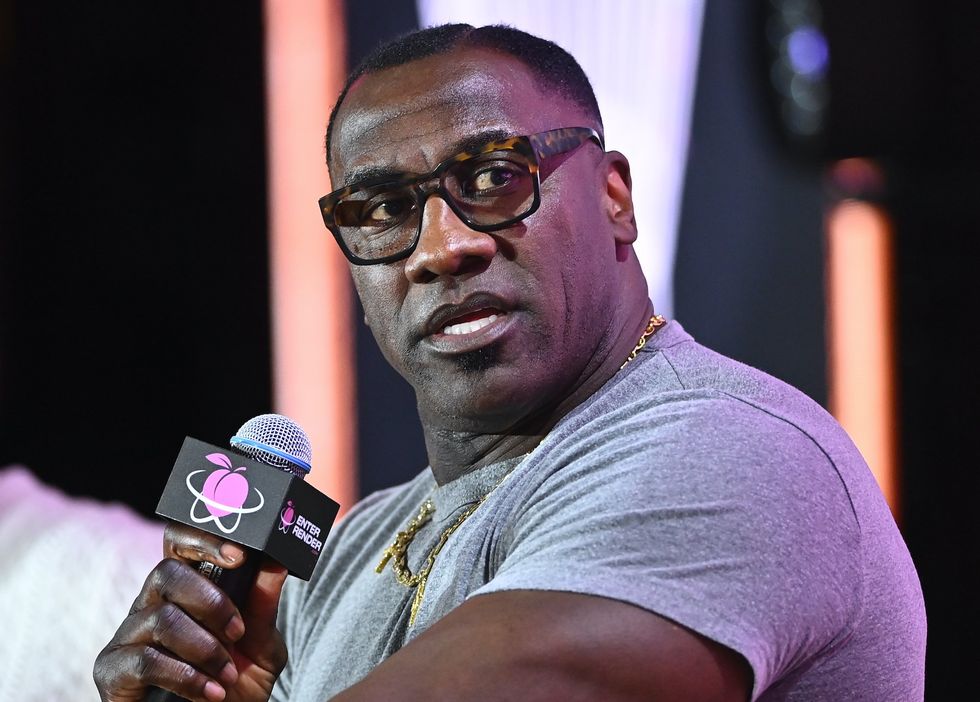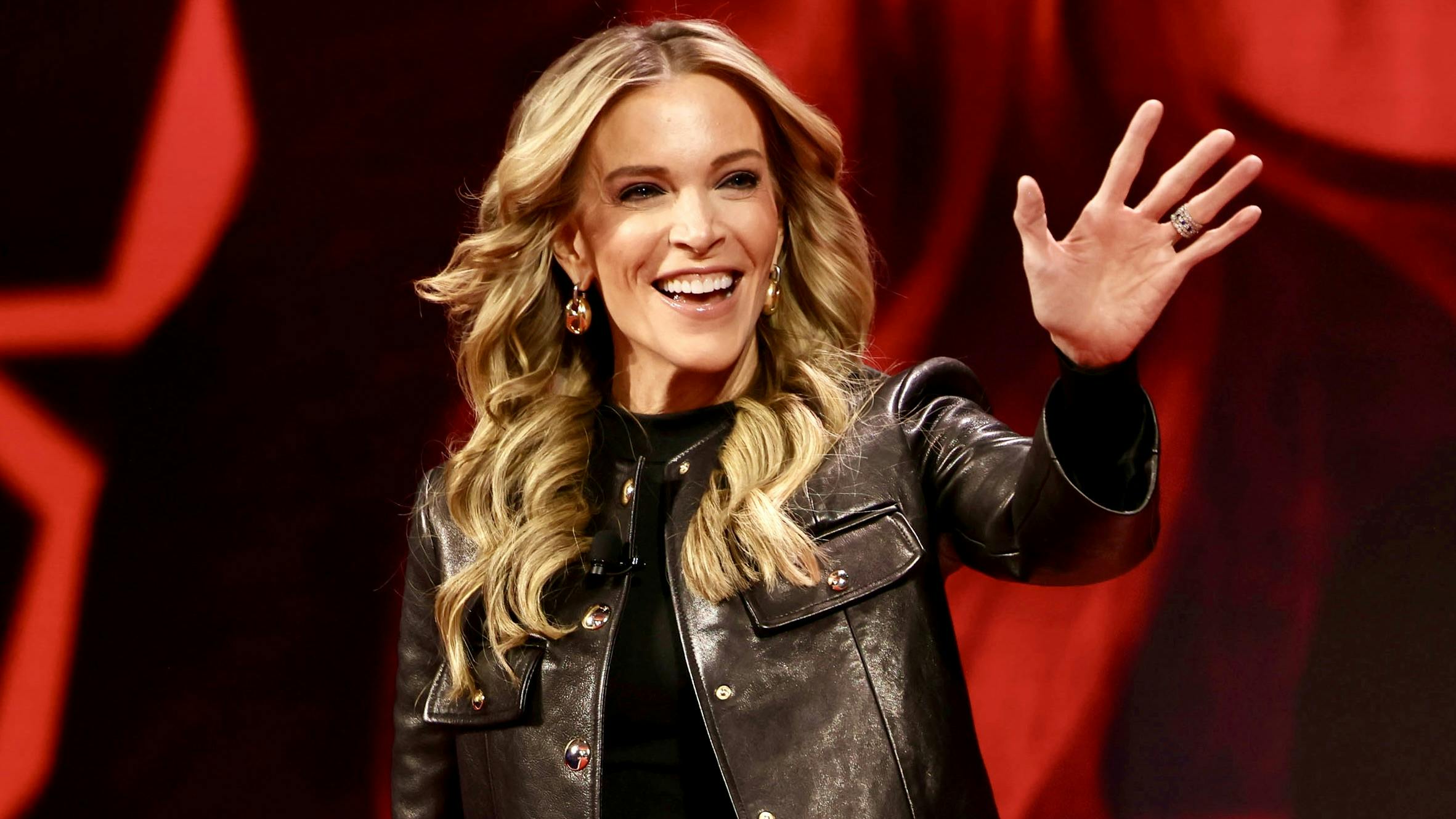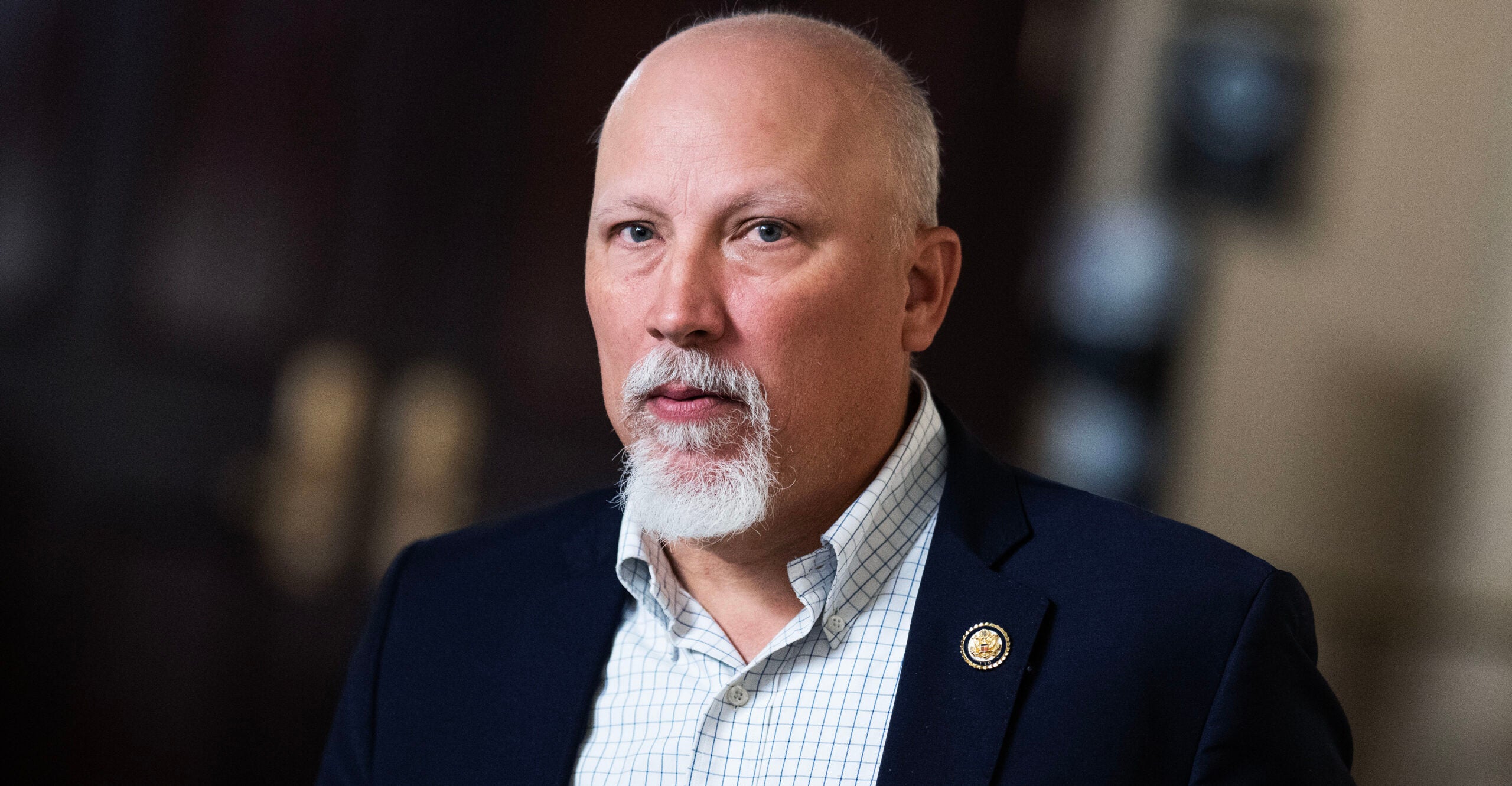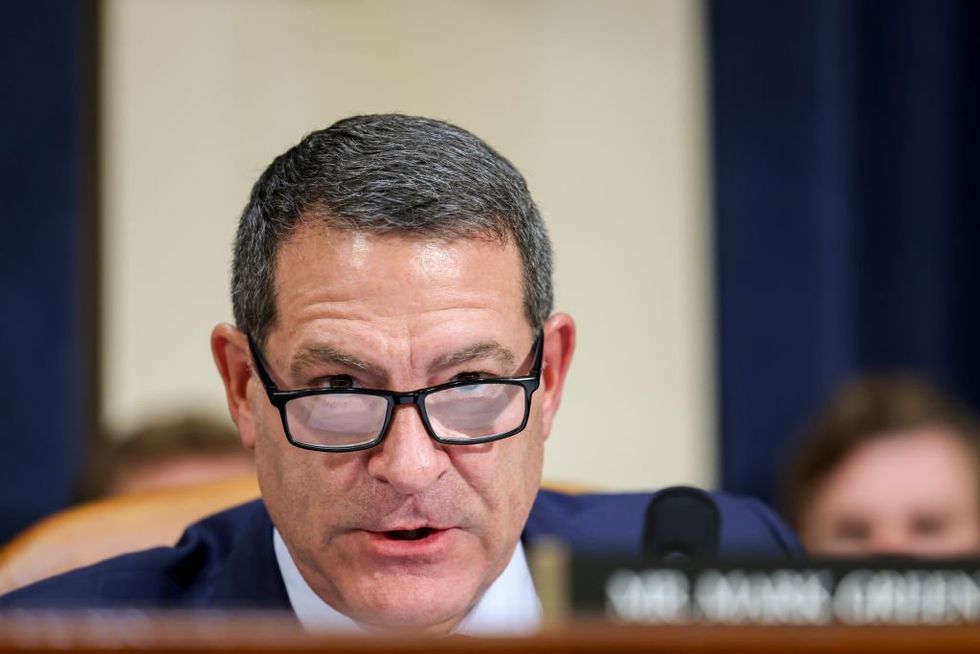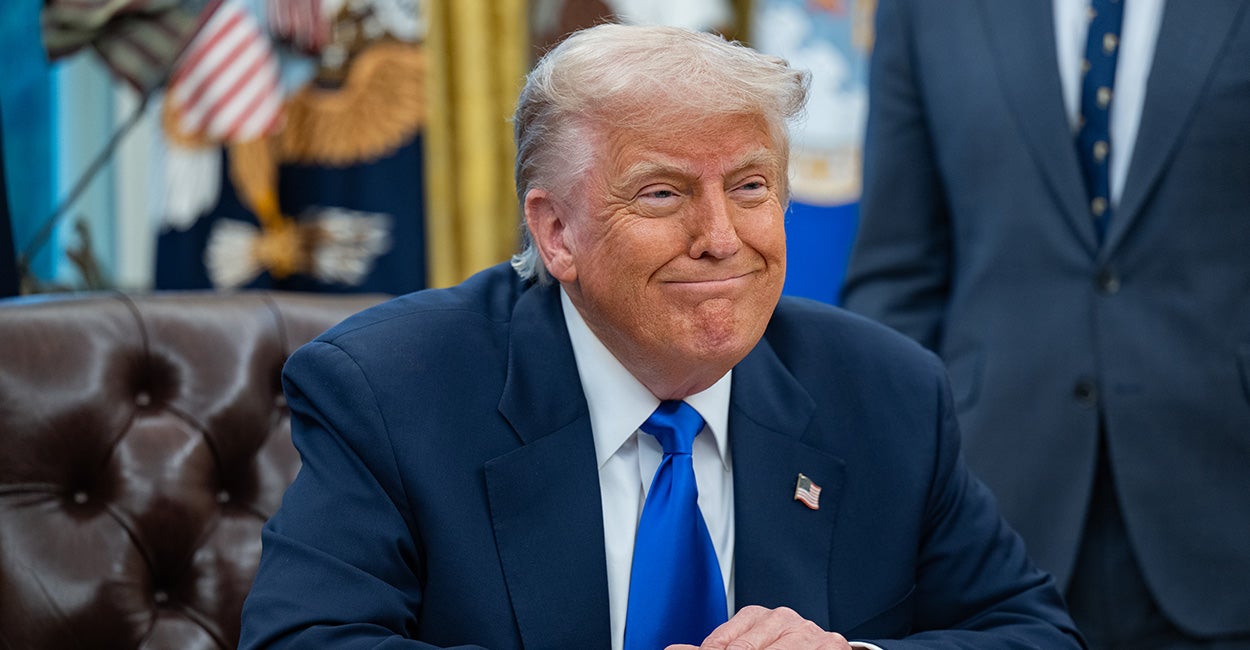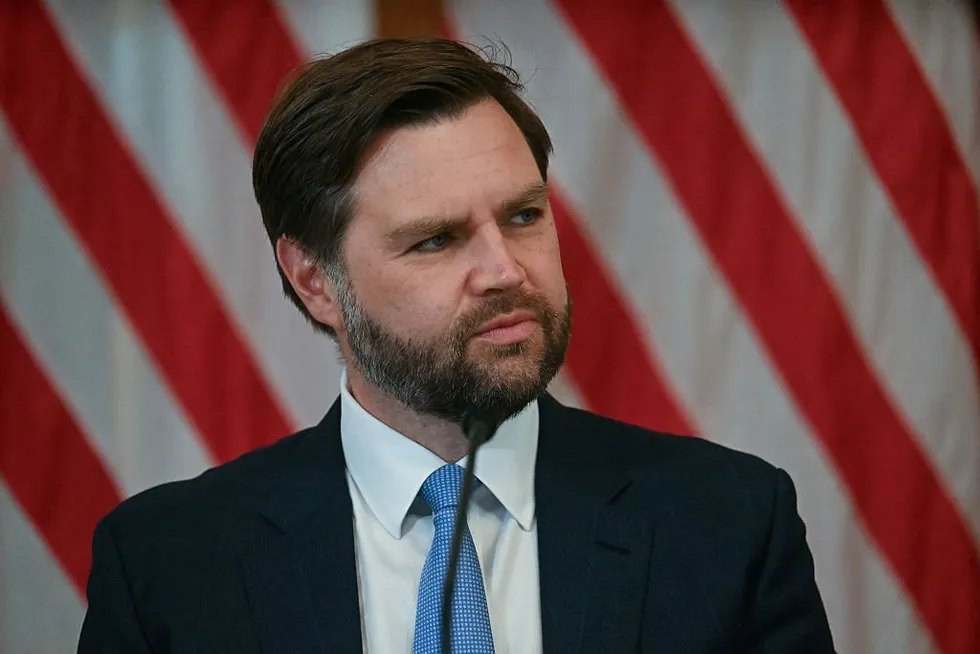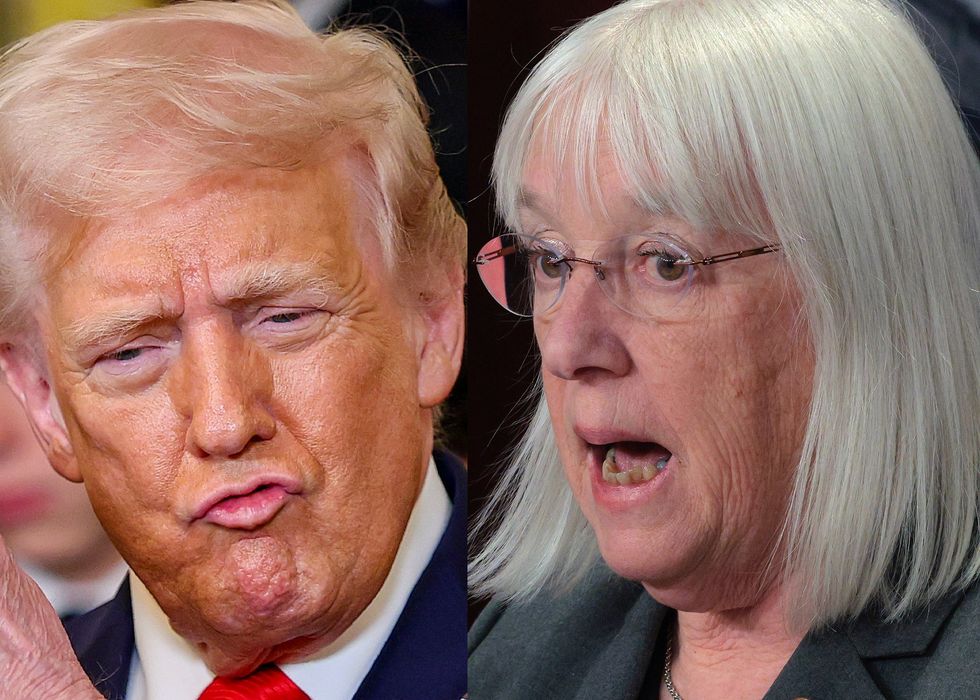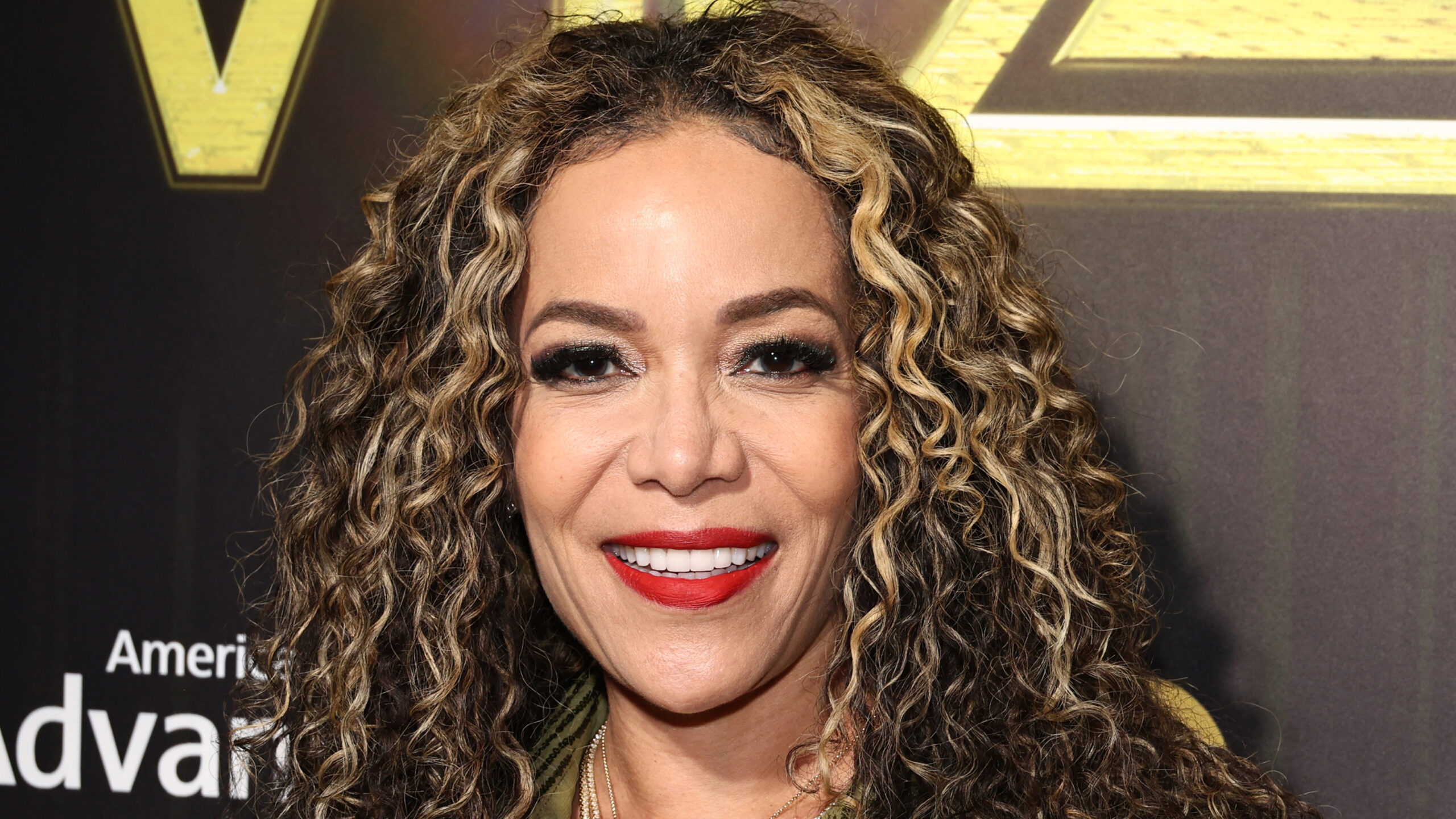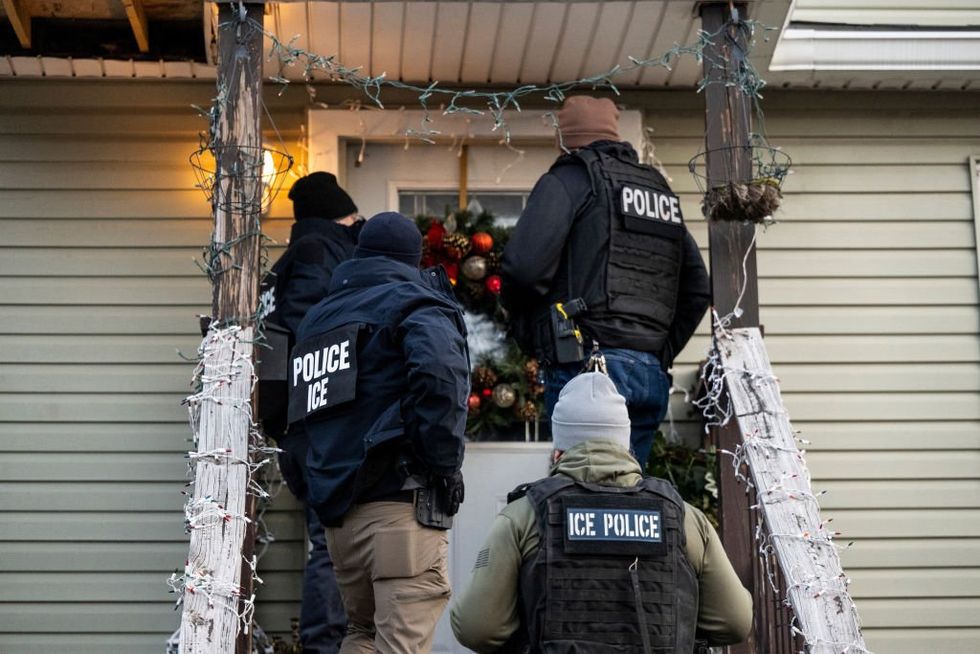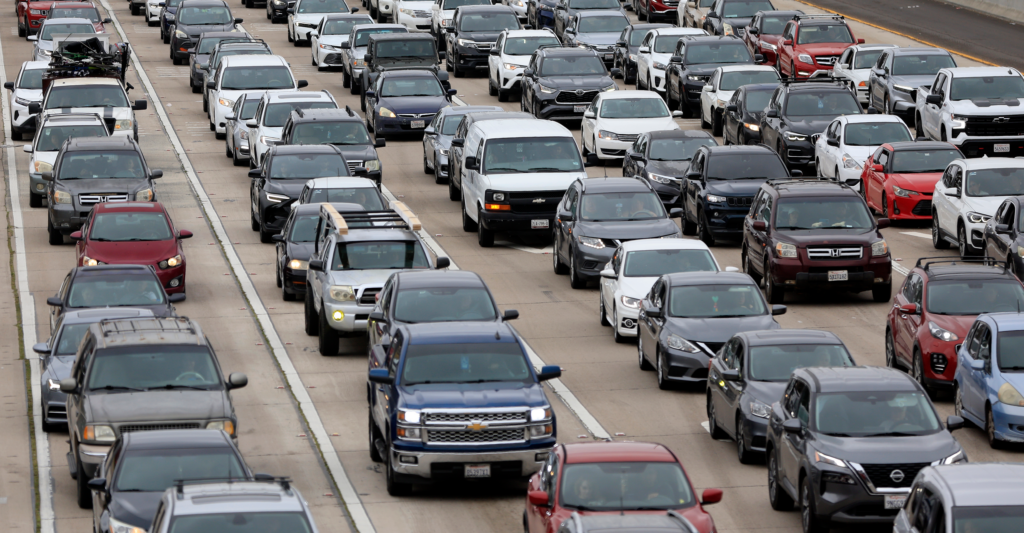How Thanksgiving became a national holiday


If anyone says that the Judeo-Christian tradition had nothing to do with the founding of America, they need look no further than our annual holiday of Thanksgiving. As in, giving thanks to God for His help to us.
Columnist Mark Steyn (originally from Canada) notes: “Speaking as a misfit unassimilated foreigner, I think of Thanksgiving as the most American of holidays.”
While we tend to associate Thanksgiving with the Pilgrims in Massachusetts, Virginia likes to remind the world that it was in their commonwealth that the first Thanksgiving was held.
In 1619, for the first time in America, the colony of Jamestown (the first English settlement in America, where settlers landed in 1607), declared a day of Thanksgiving – to God. Captain John Woodlief declared on Dec. 4 of that year: “We ordain that the day of our ship’s arrival at the place assigned for plantation in the land of Virginia shall be yearly and perpetually kept holy as a day of Thanksgiving to Almighty God.” The Virginian Museum of History & Culture even features a painting of this first Thanksgiving.
Meanwhile, the prototype for the American celebration of Thanksgiving goes back to the Pilgrims who founded Plymouth in 1620. After a rough first winter, where half their number died, when the snow and ice thawed, the Pilgrims befriended some local Indians.
They made a treaty of peace with Native-Americans in the spring of 1621 that lasted more than half a century. Squanto was their translator, and he taught the Pilgrims how to survive in the New World.
At the time of the harvest in the fall of 1621, the Pilgrims sat down with their new friends the Indians and celebrated three days of feasting and games and prayers. Turkey was among the items on the menu. This is what we think of, when it comes to the first Thanksgiving in Plymouth.
Following after the Jamestown and Plymouth Thanksgiving observations, which were celebrated off and on, other Christian groups in America celebrated the holiday as a time to thank the Lord.
The Continental Congress, the forerunner to the House of Representatives and the U.S. Senate, called for days of prayer and fasting and thanksgiving. They did this at least 16 times during the American War for Independence.
The same Congress that gave us the First Amendment (which is often twisted today to drive out any religious expression in public) suggested that the new president declare a national day of thanksgiving to celebrate the peaceful establishment of our government.
The president agreed, so on Oct. 3, 1789, from the city of New York, George Washington issued a Proclamation of a National Day of Thanksgiving.
In that proclamation, he said, “Whereas it is the duty of all nations to acknowledge the Providence of Almighty God, to obey His will, to be grateful for his benefits, and humbly to implore His protection and favor; and Whereas both Houses of Congress have by their joint Committee requested me ‘to recommend to the People of the United States a day of public thanksgiving’ …”
Dr. Peter Lillback, with whom I had the privilege to co-write the book “George Washington’s Sacred Fire,” once told me that to his hearers, our first president mentioned Jesus in this line from that proclamation: “And also that we may then unite in most humbly offering our prayers and supplications to the great Lord and Ruler of Nations, and beseech Him to pardon our national … transgressions.” Jesus is the Lord and Ruler of the Nations, as seen in Revelation 12 (based on Psalm 2).
While Washington was the first president to declare a national day of Thanksgiving, President Lincoln was the first one to make Thanksgiving an annual holiday. (And during FDR’s presidency, Congress fixed the date as the fourth Thursday of each November.)
At one of the darkest periods in American history, on Oct. 3, 1863, President Lincoln (in conjunction with Congress) looked for the good things to thank the Lord for: “In the midst of a civil war of unequaled magnitude and severity, which has sometimes seemed to foreign states to invite and to provoke their aggression, peace has been preserved with all nations, order has been maintained, the laws have been respected and obeyed, and harmony has prevailed everywhere, except in the theater of military conflict.”
And he added, “I do, therefore, invite my fellow citizens in every part of the United States, and those who are sojourning in foreign lands, to set apart and observe the last Thursday of November next as a day of Thanksgiving and Praise to our beneficent Father who dwelleth in the heavens.”
Thus endeth the history lesson. As Americans, we have much to be thankful for.
As Ronald Reagan once said, “Perhaps no custom reveals our character as a nation so clearly as our celebration of Thanksgiving Day.”
What's Your Reaction?
 Like
0
Like
0
 Dislike
0
Dislike
0
 Love
0
Love
0
 Funny
0
Funny
0
 Angry
0
Angry
0
 Sad
0
Sad
0
 Wow
0
Wow
0
